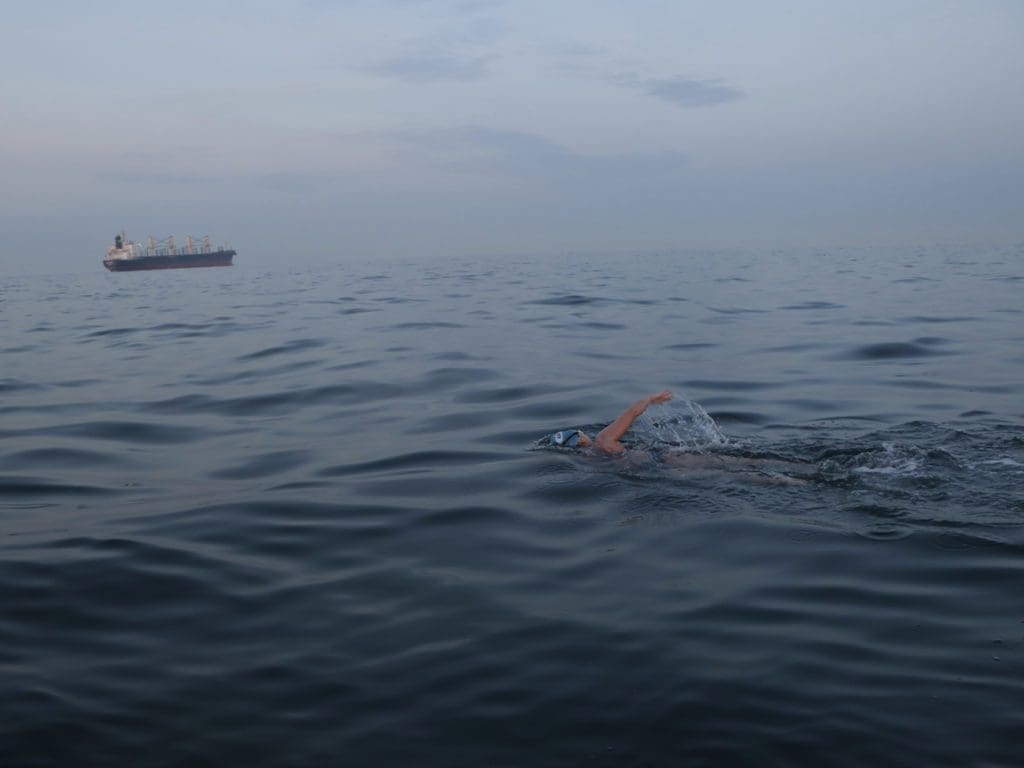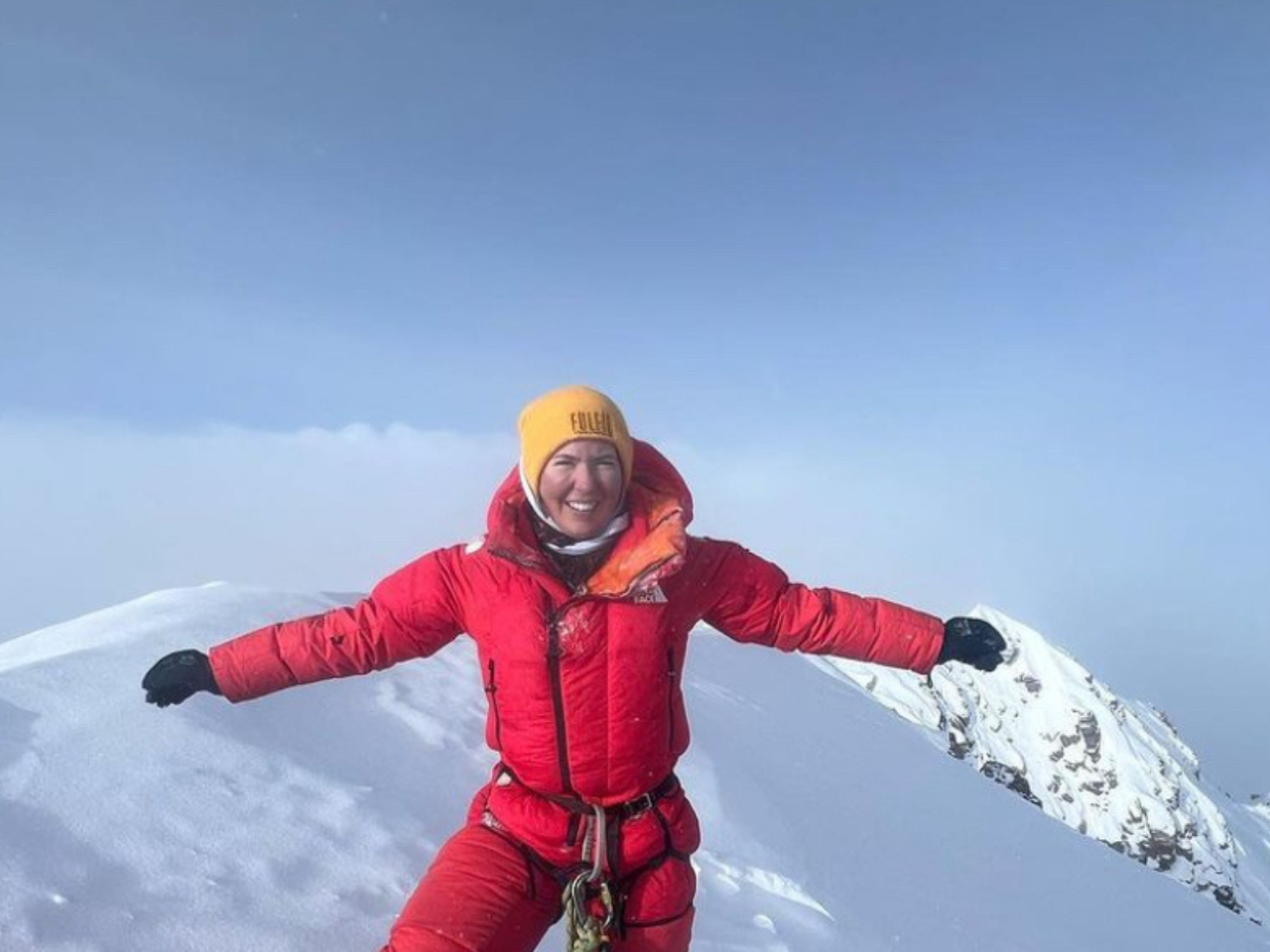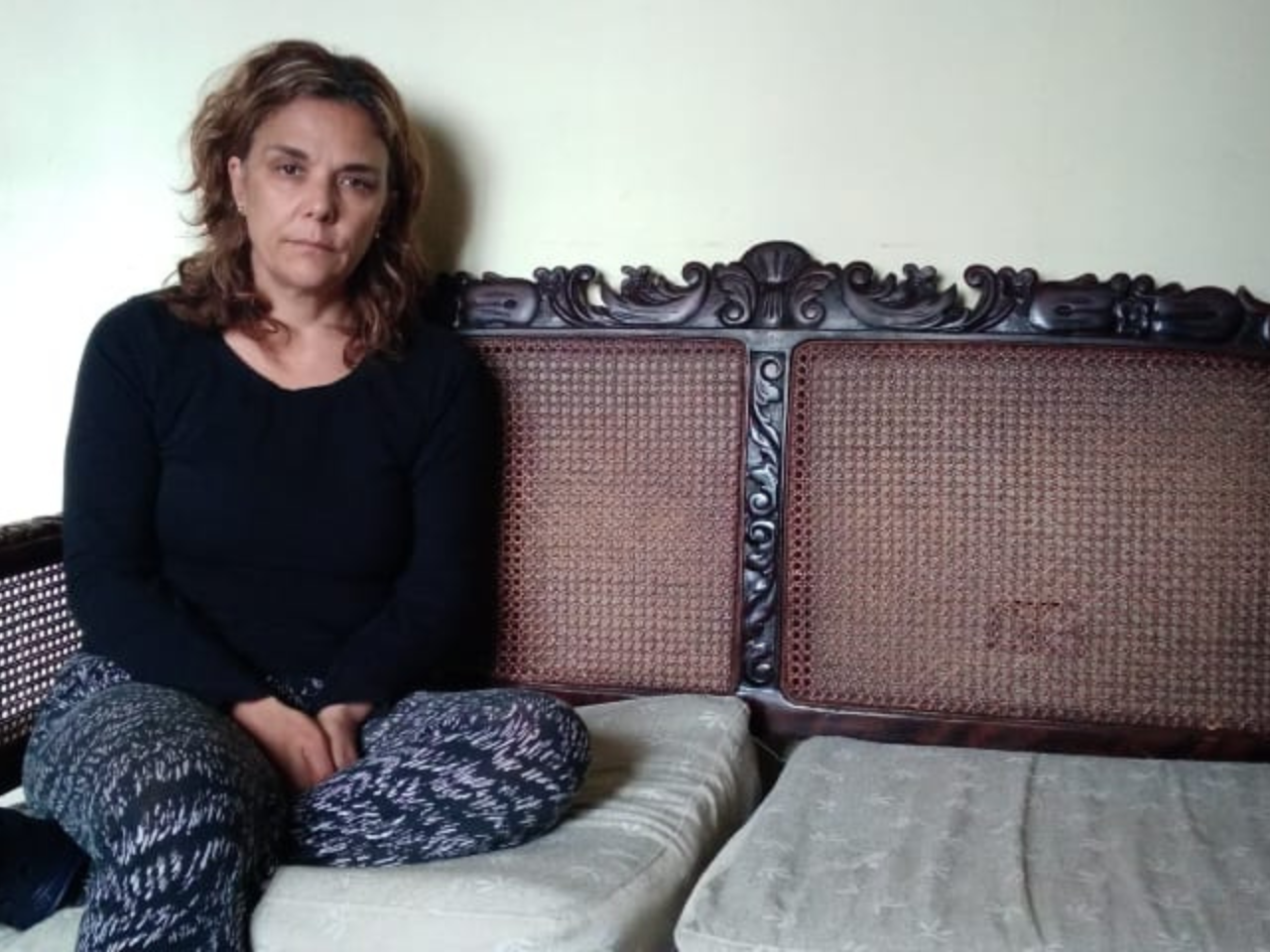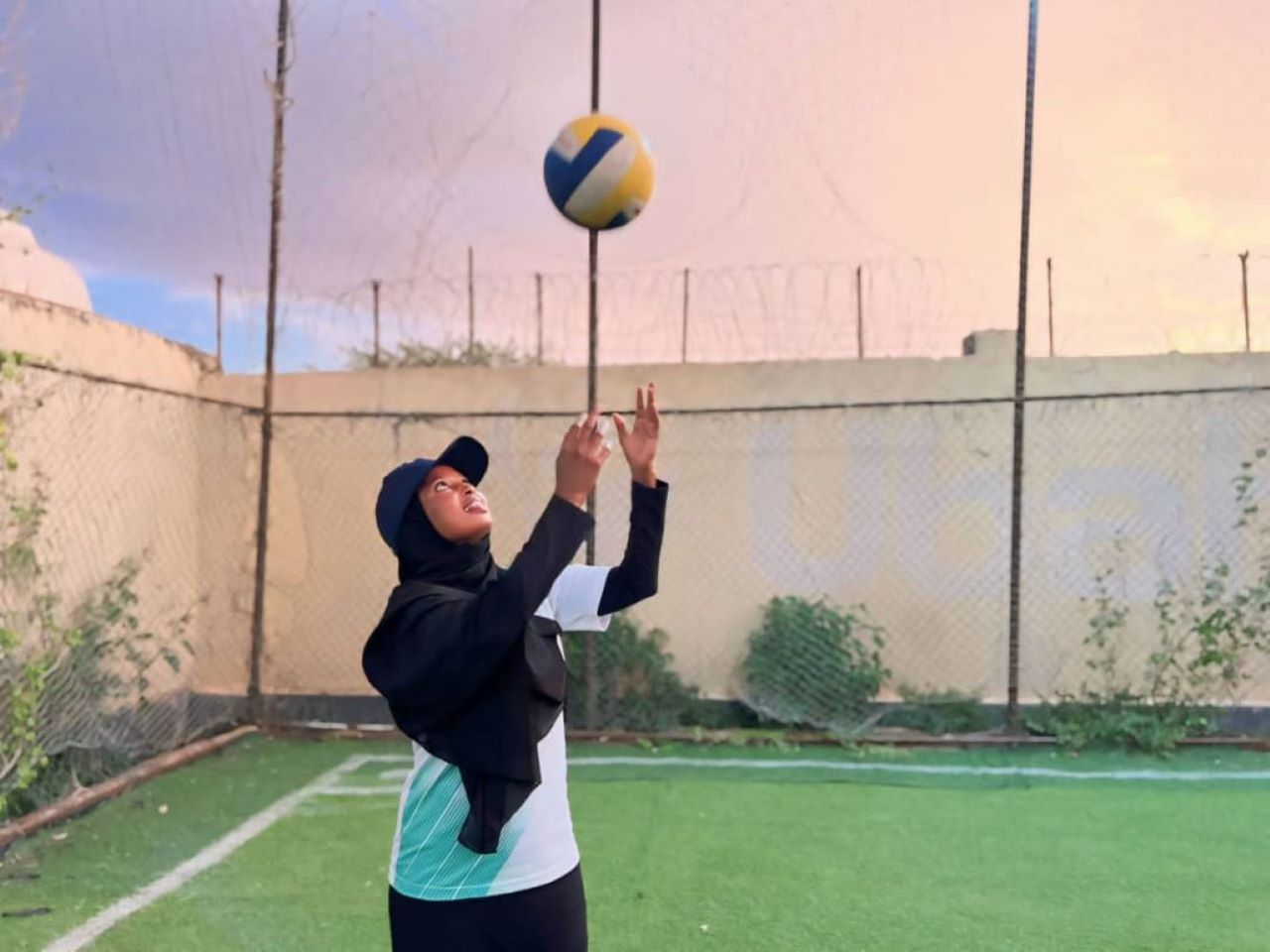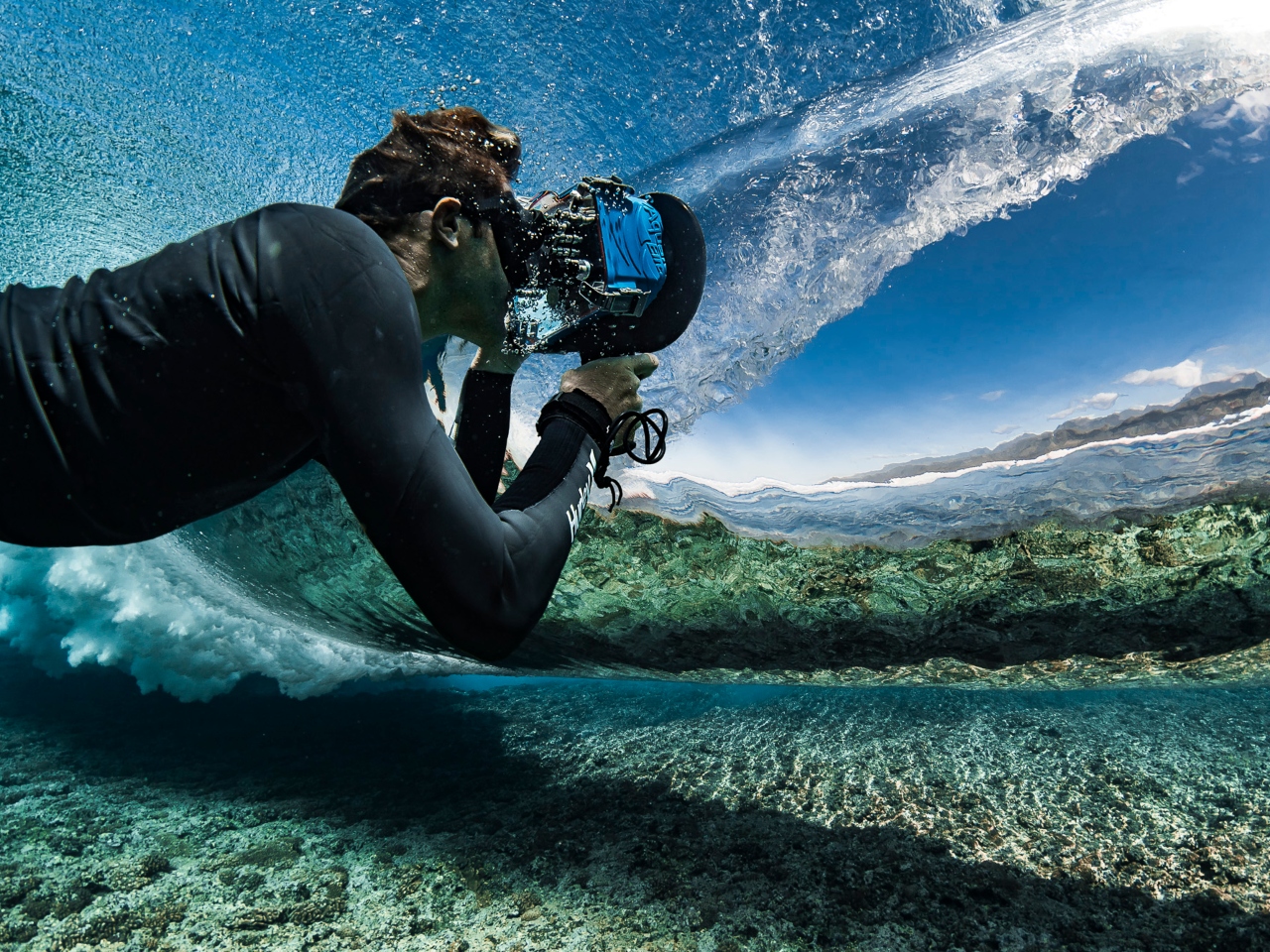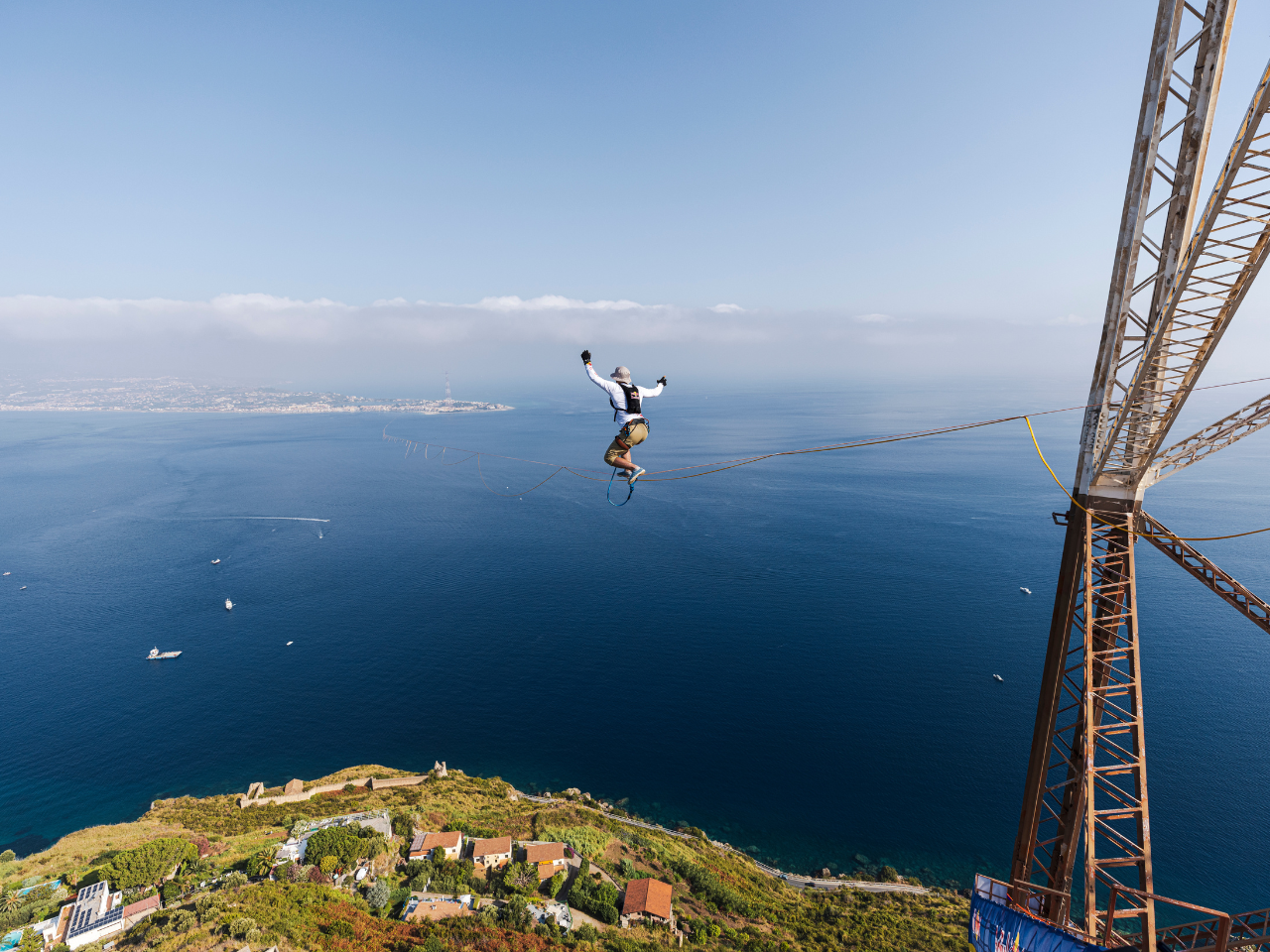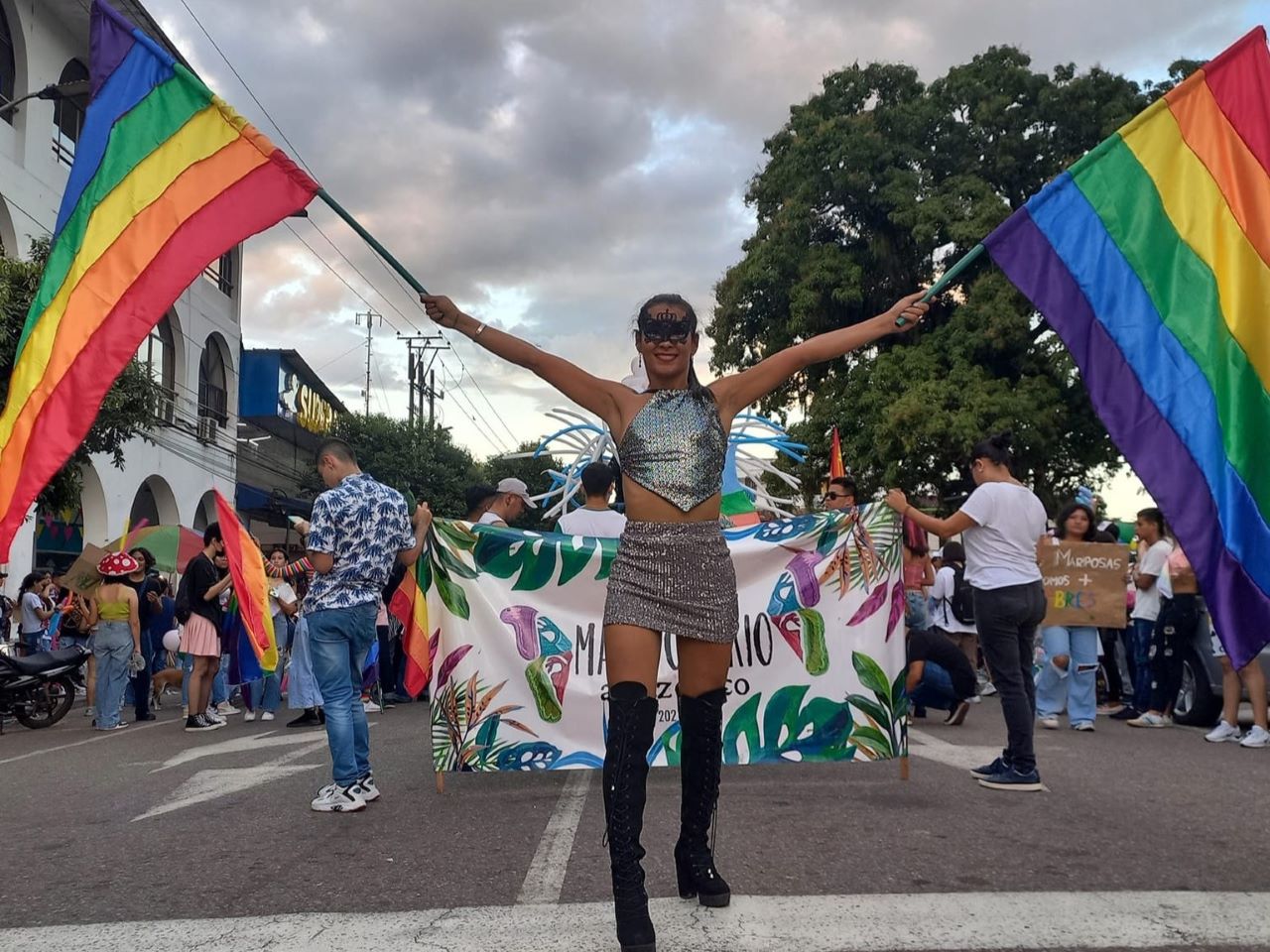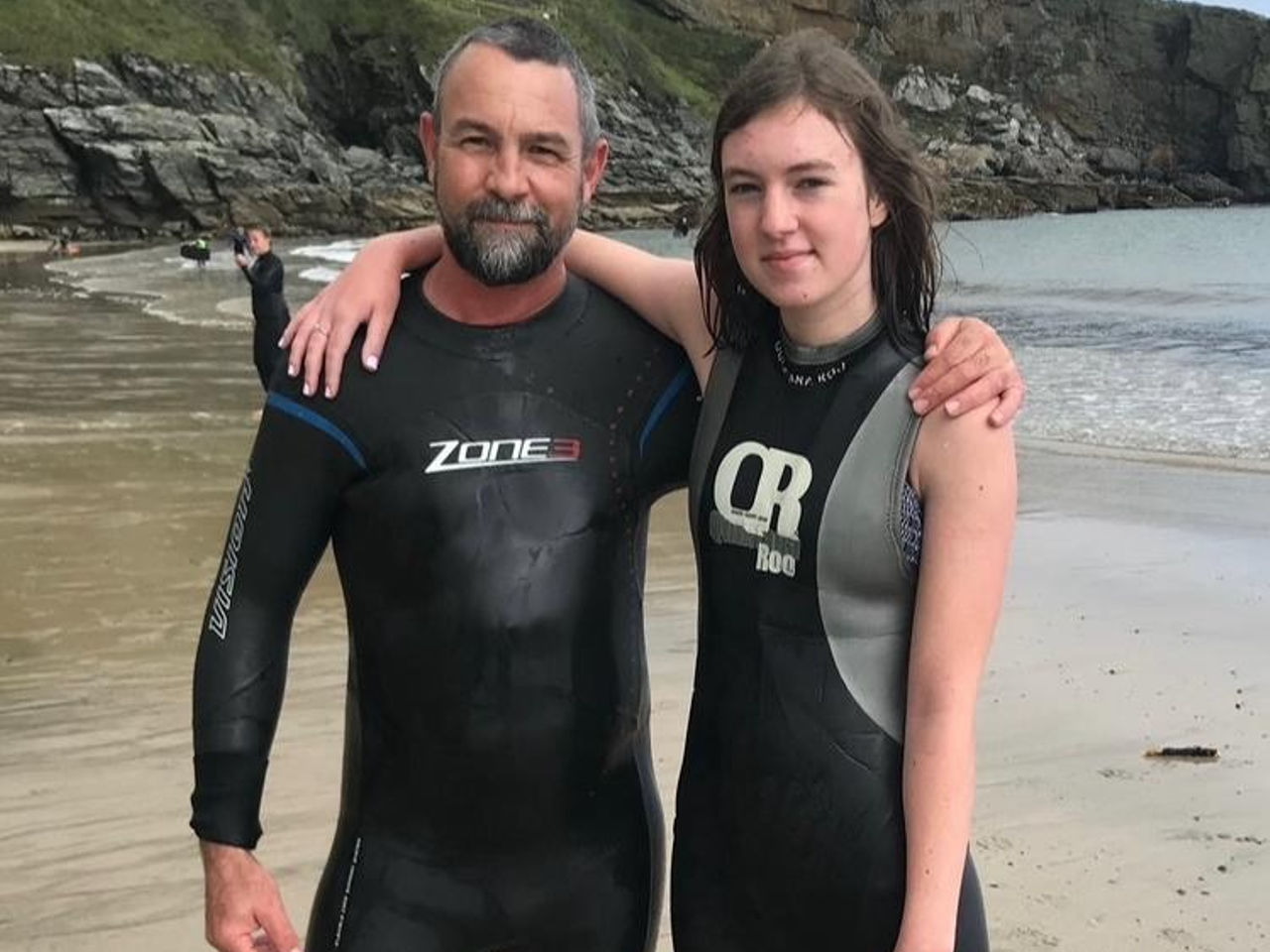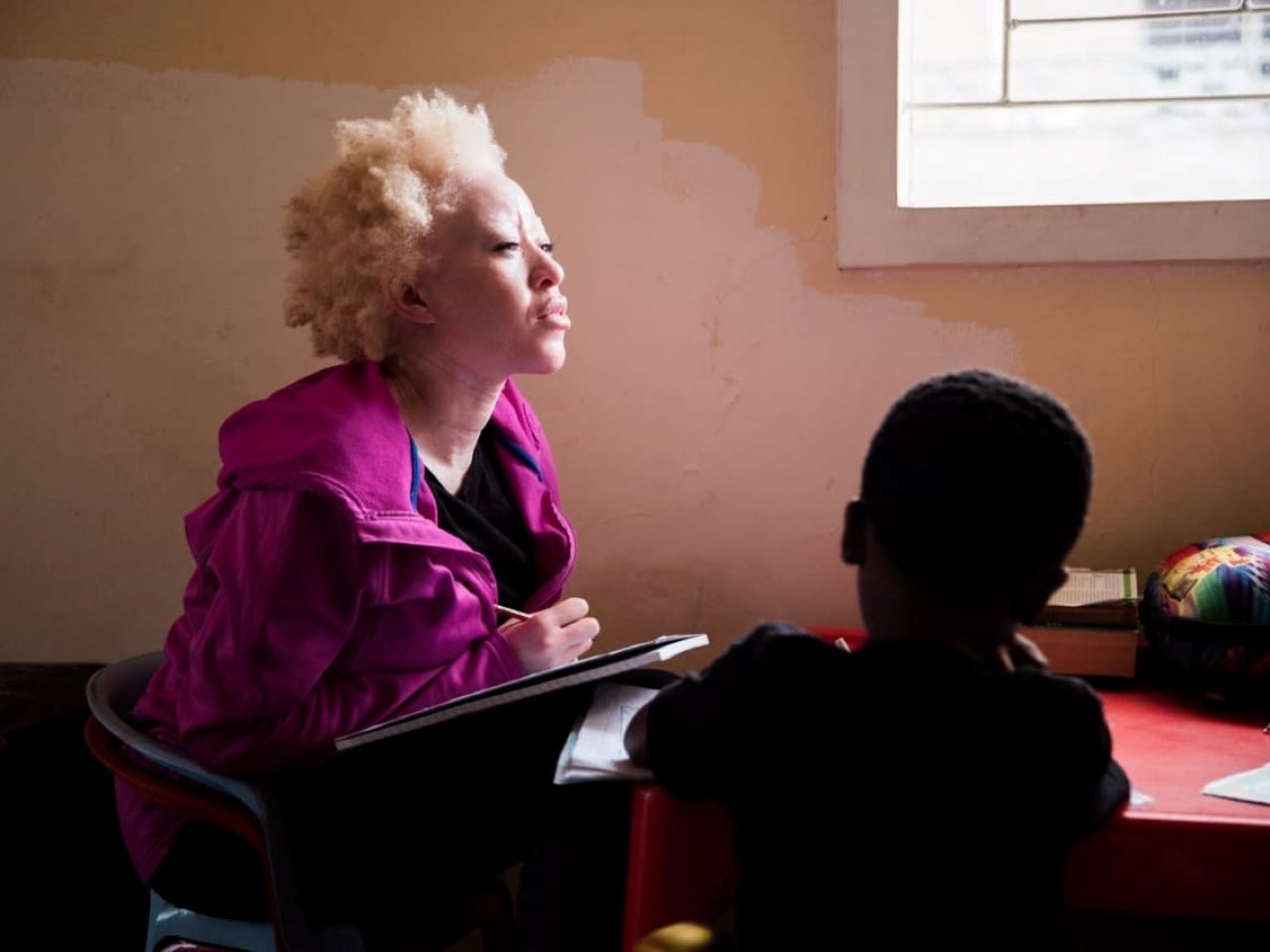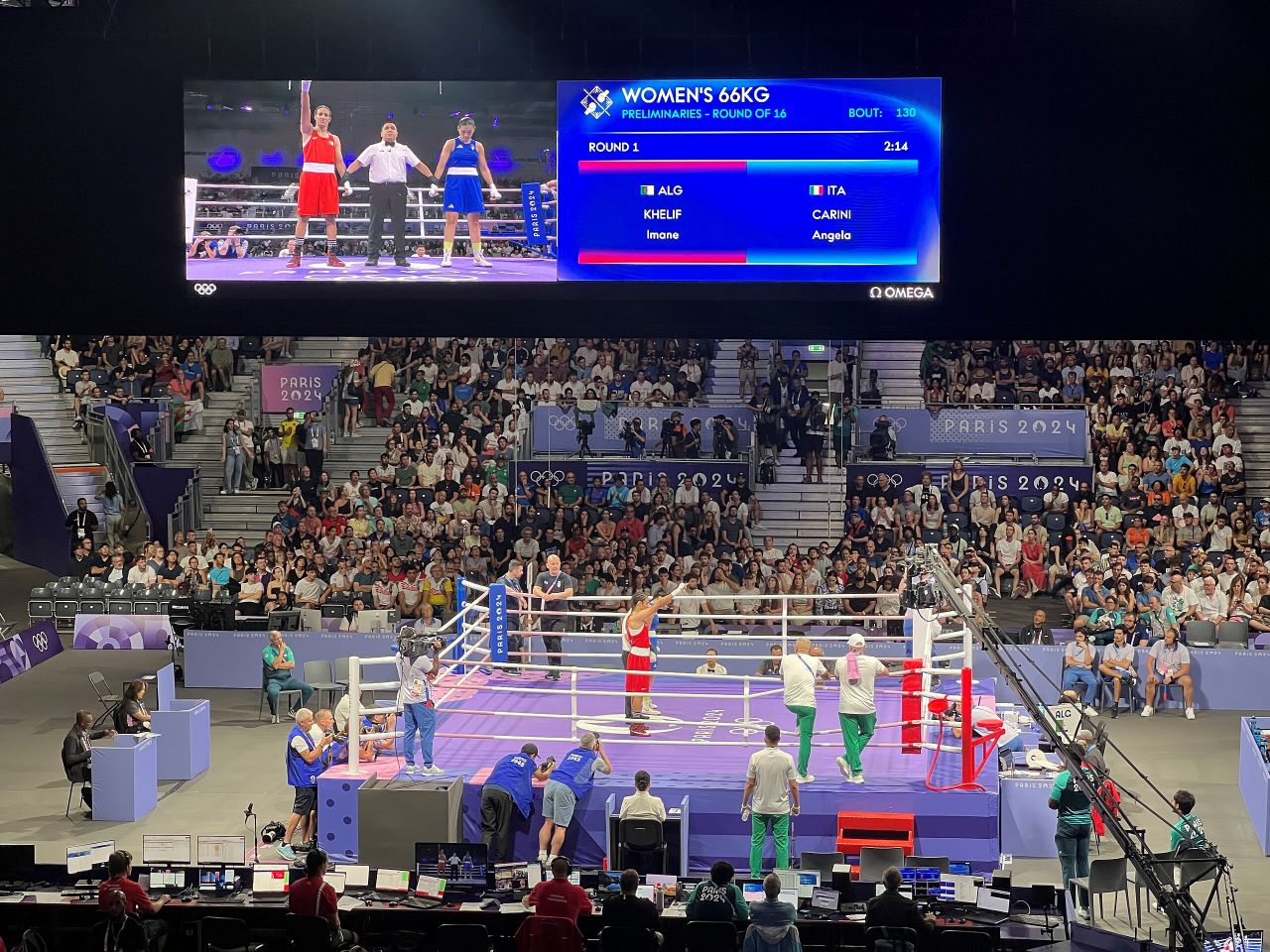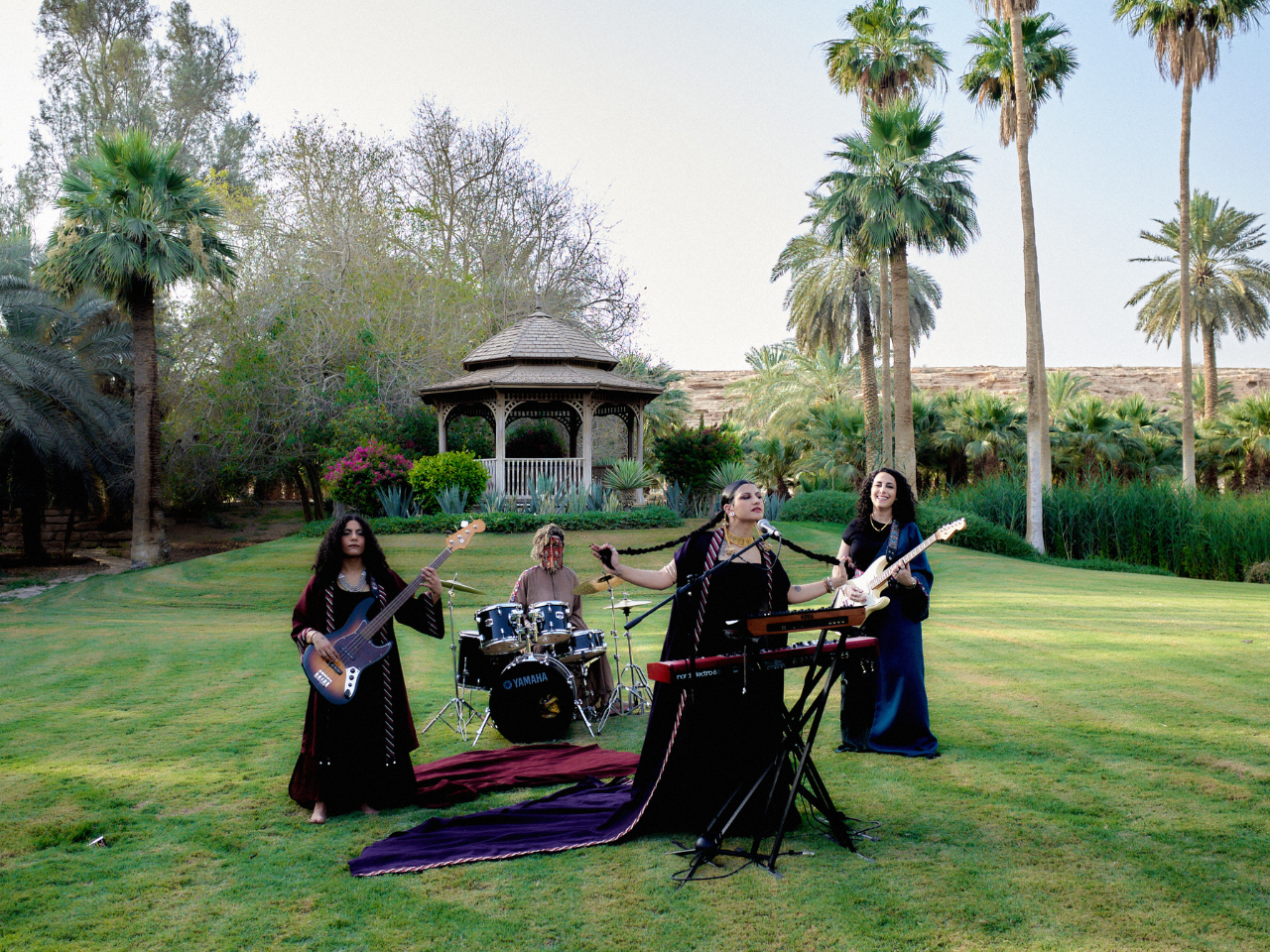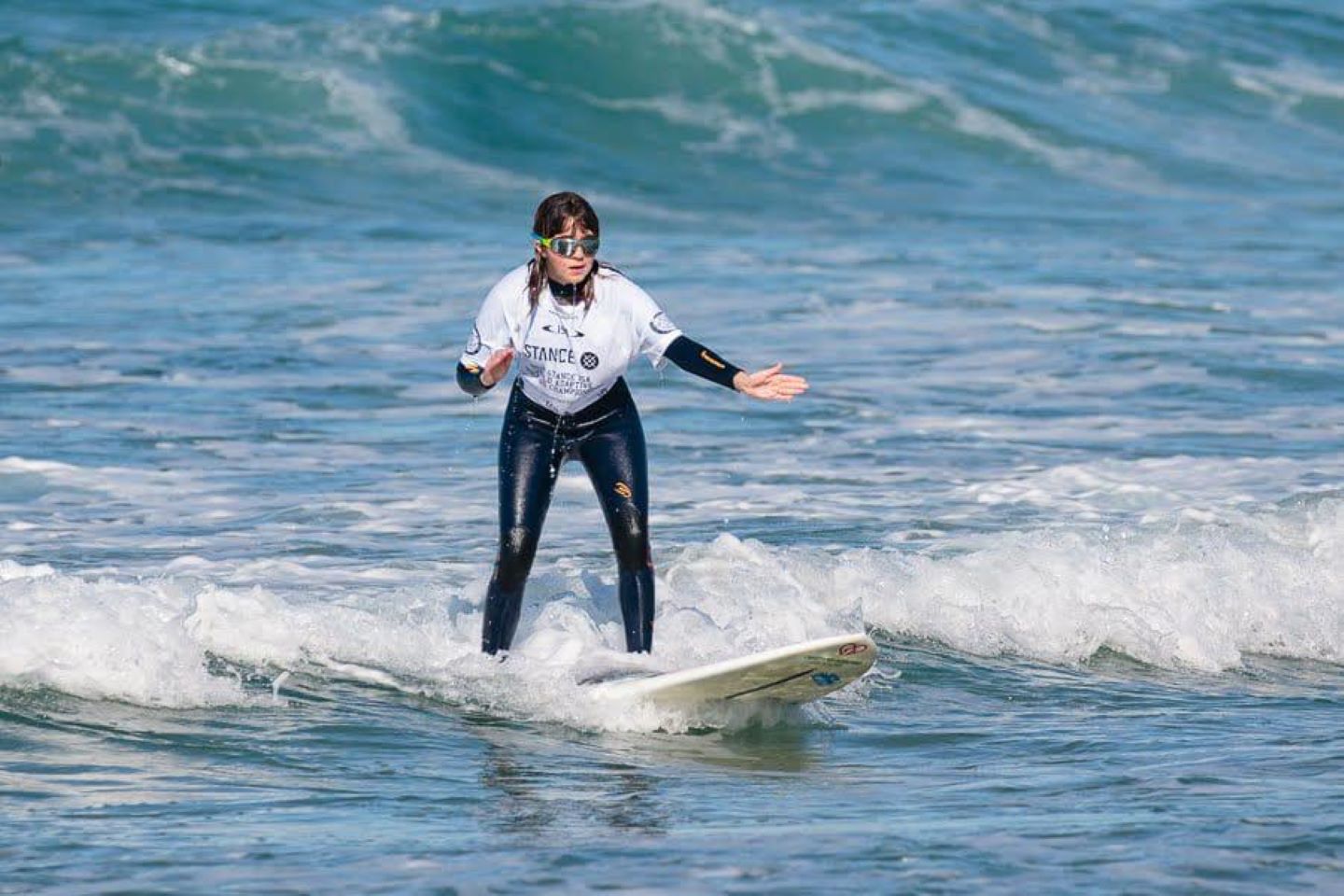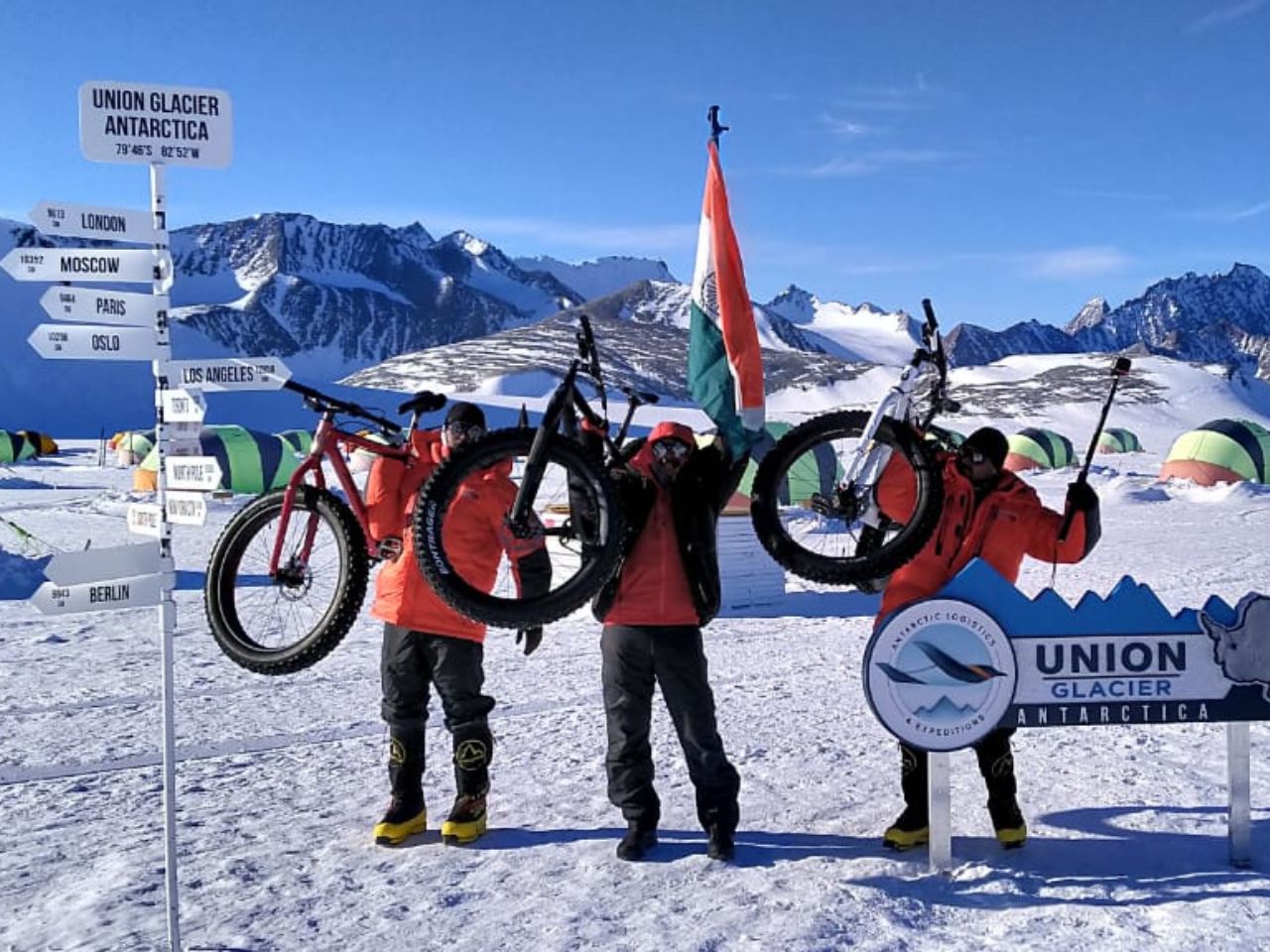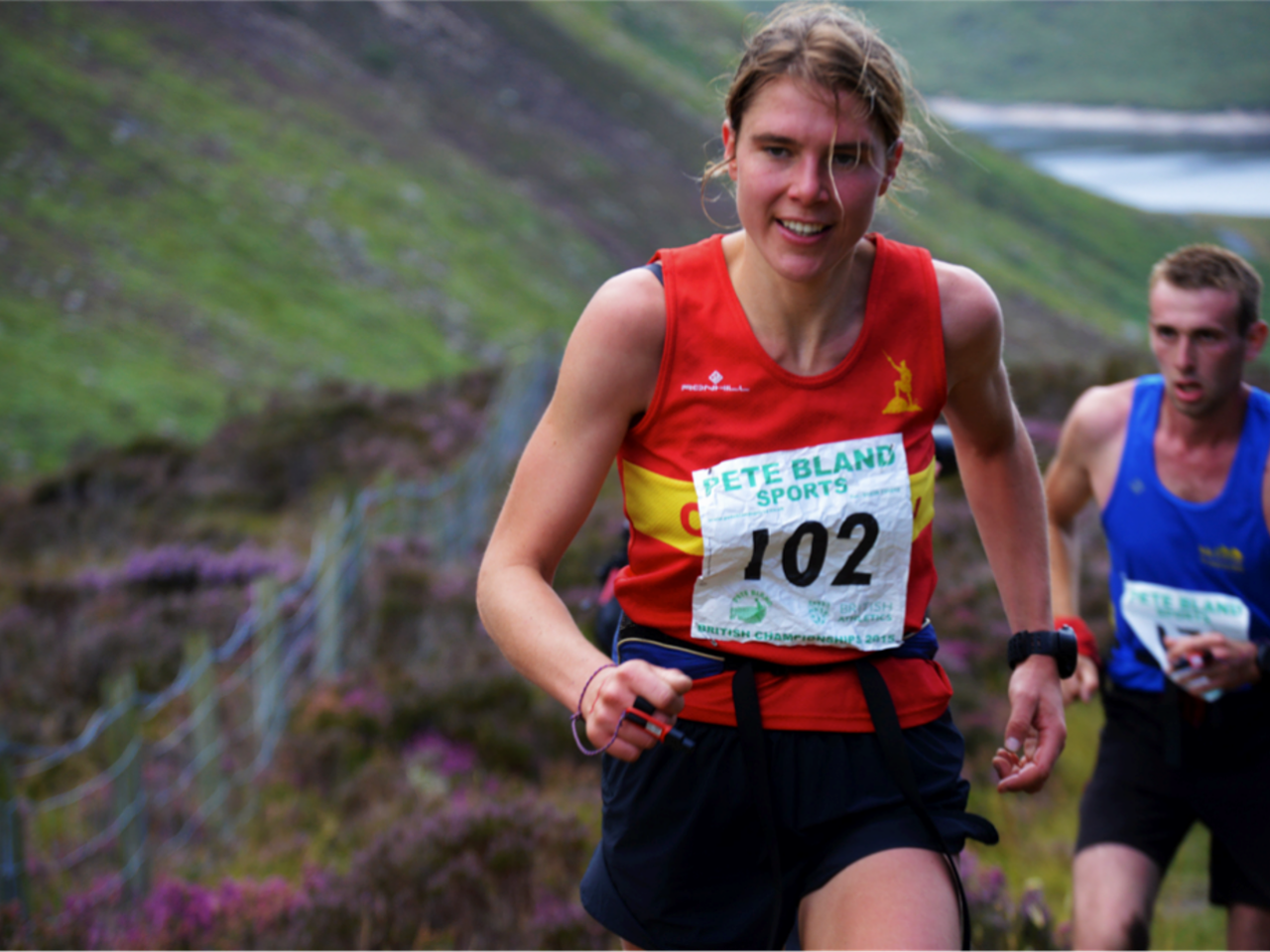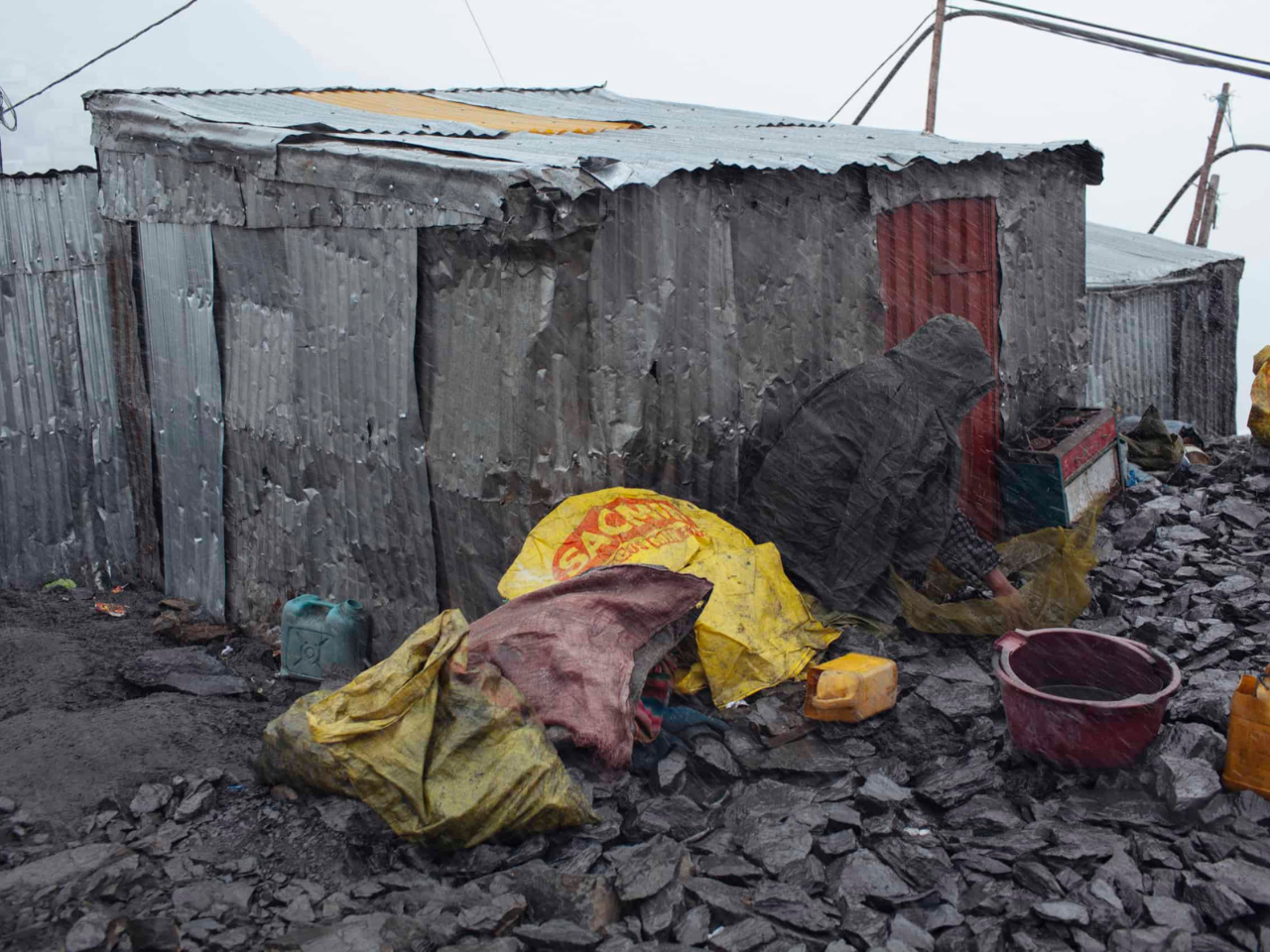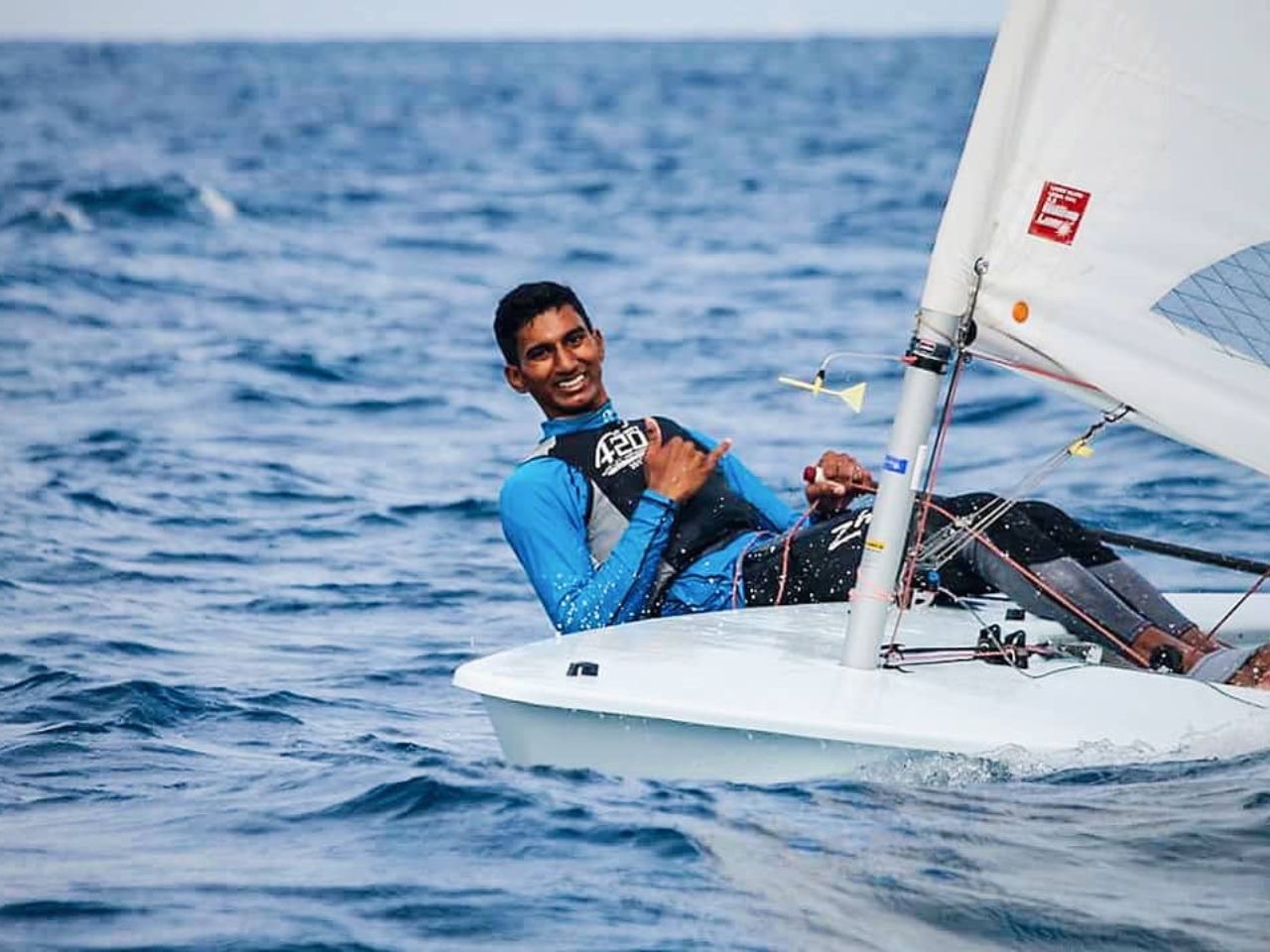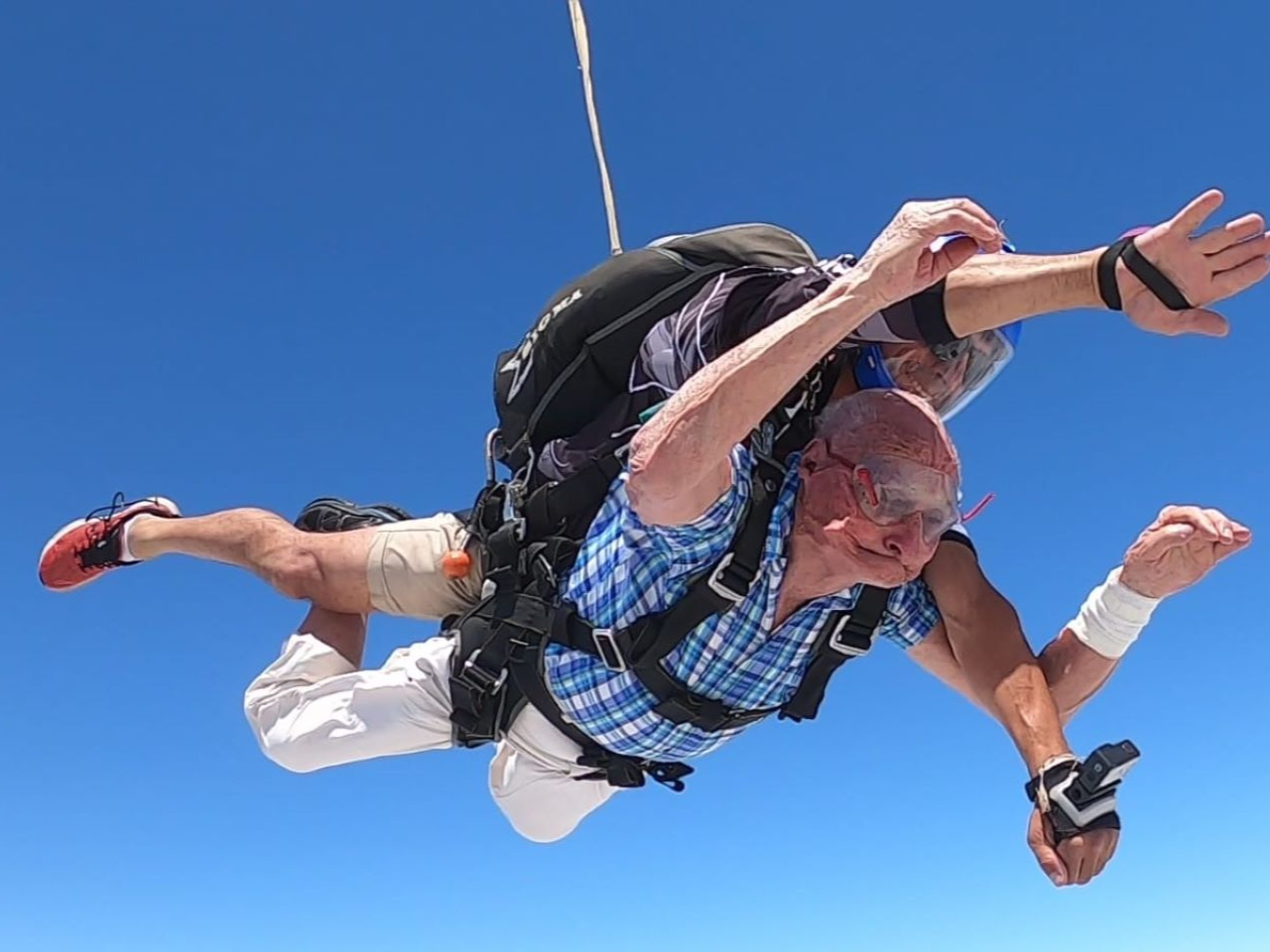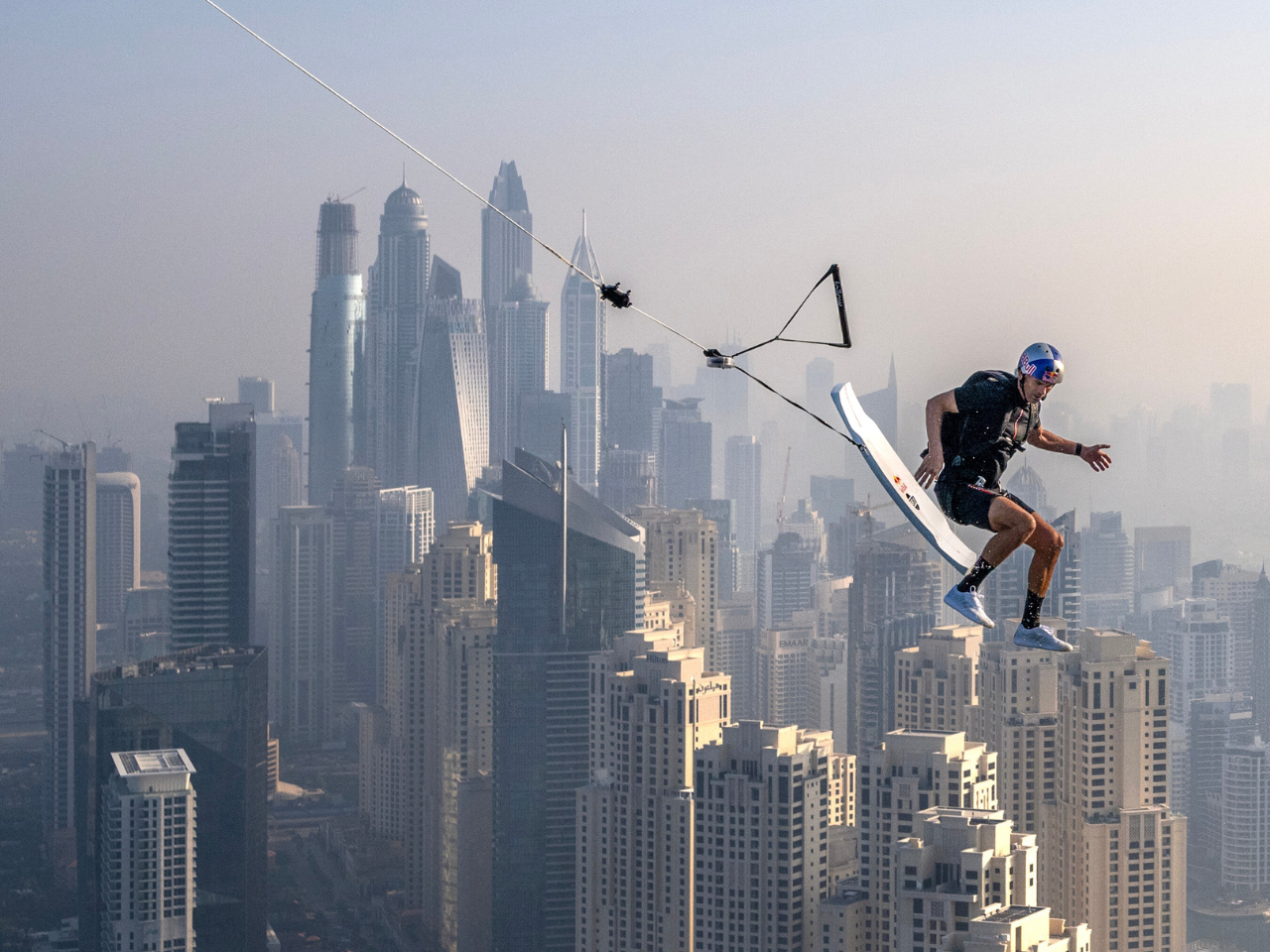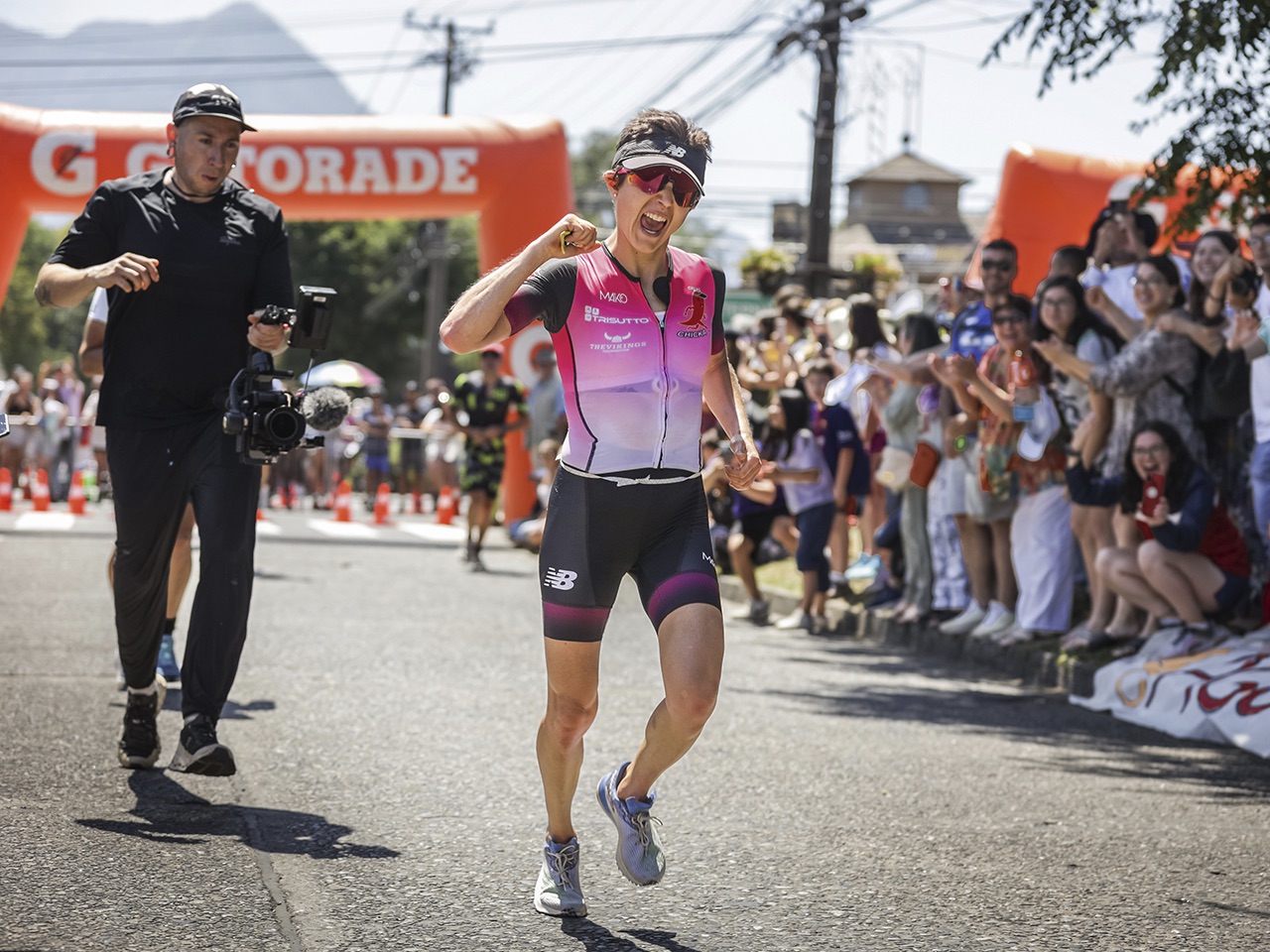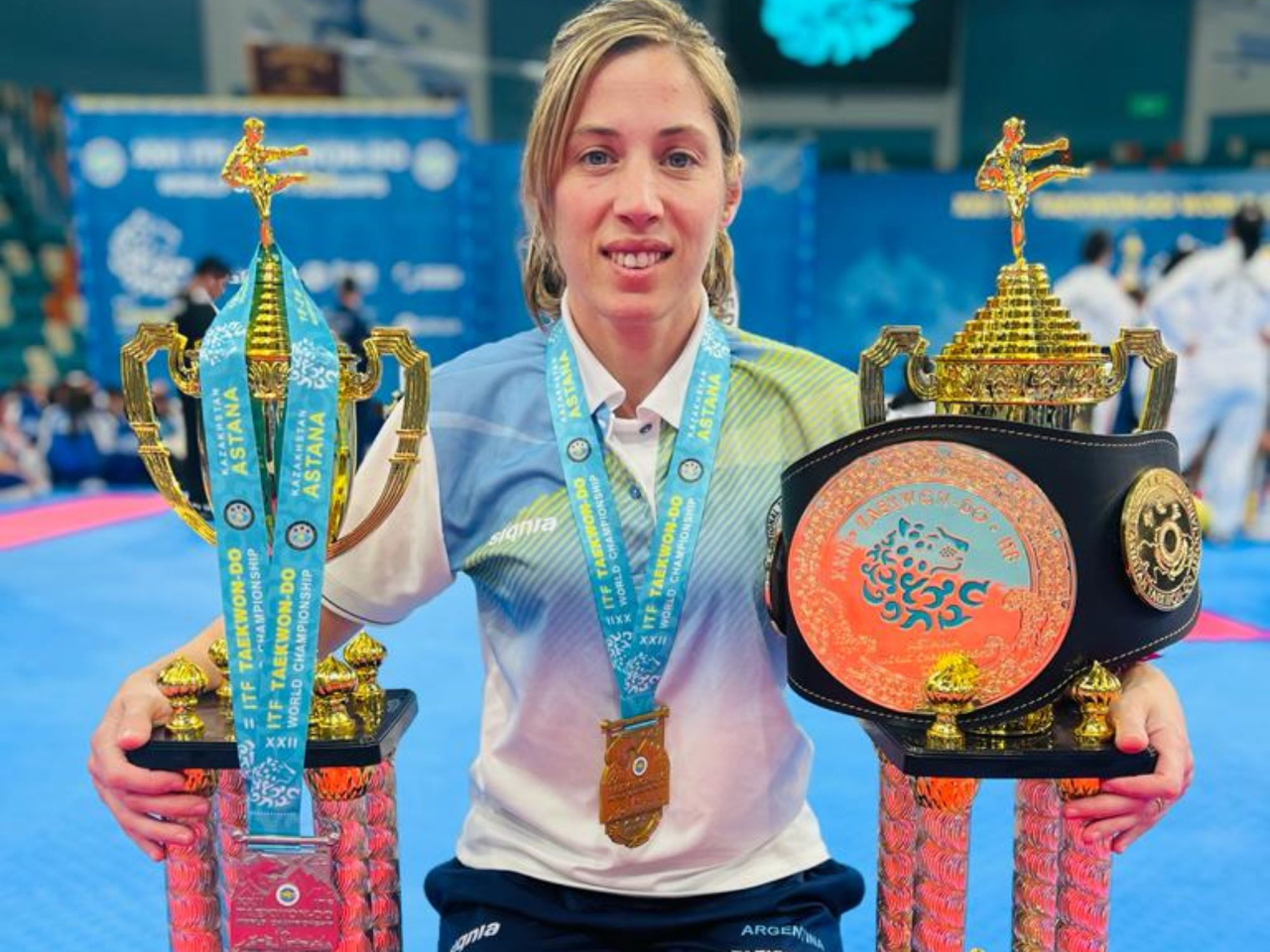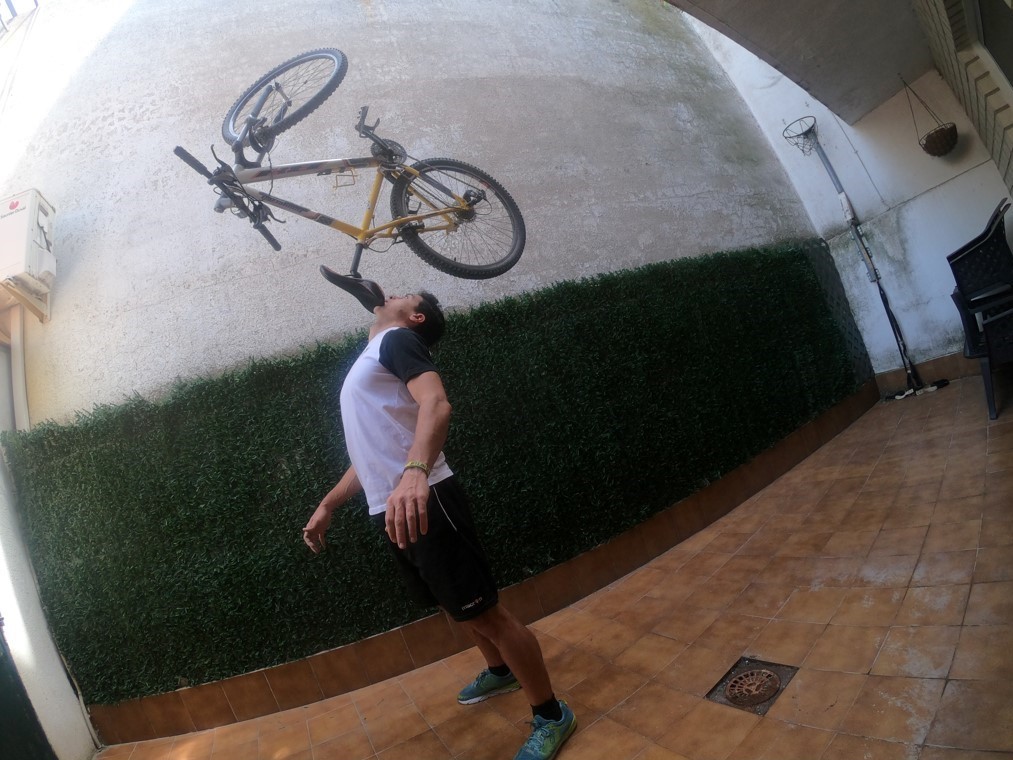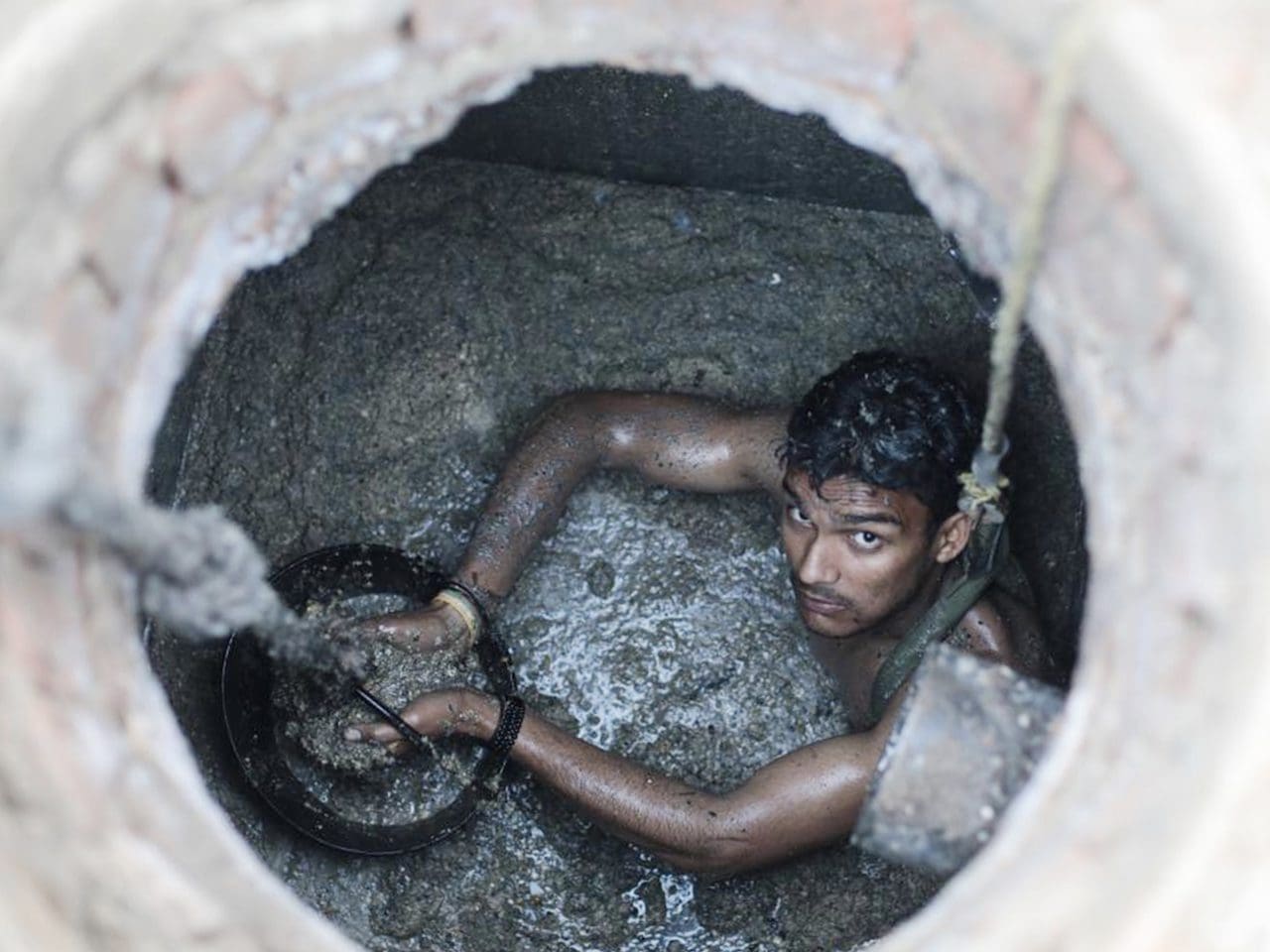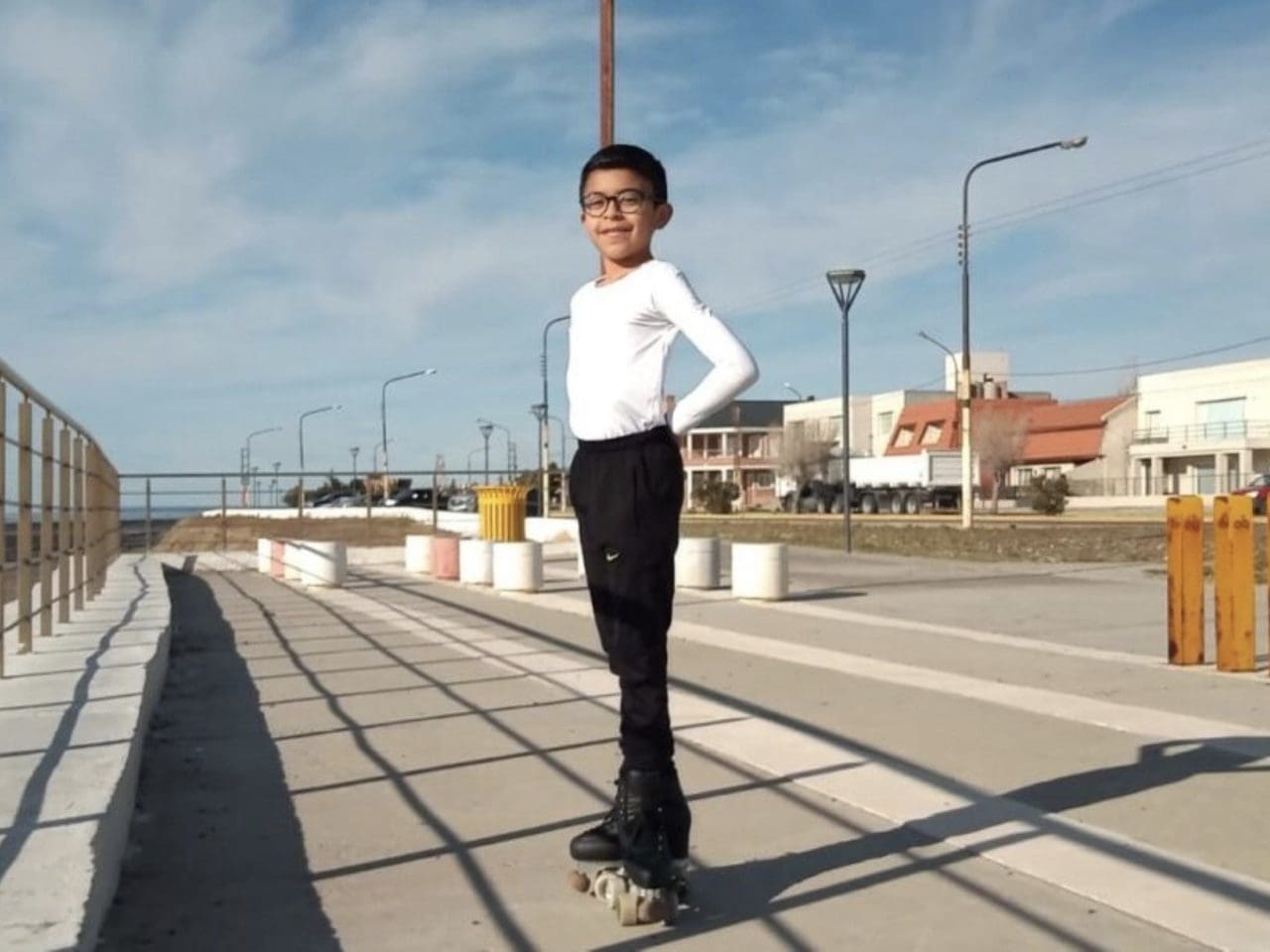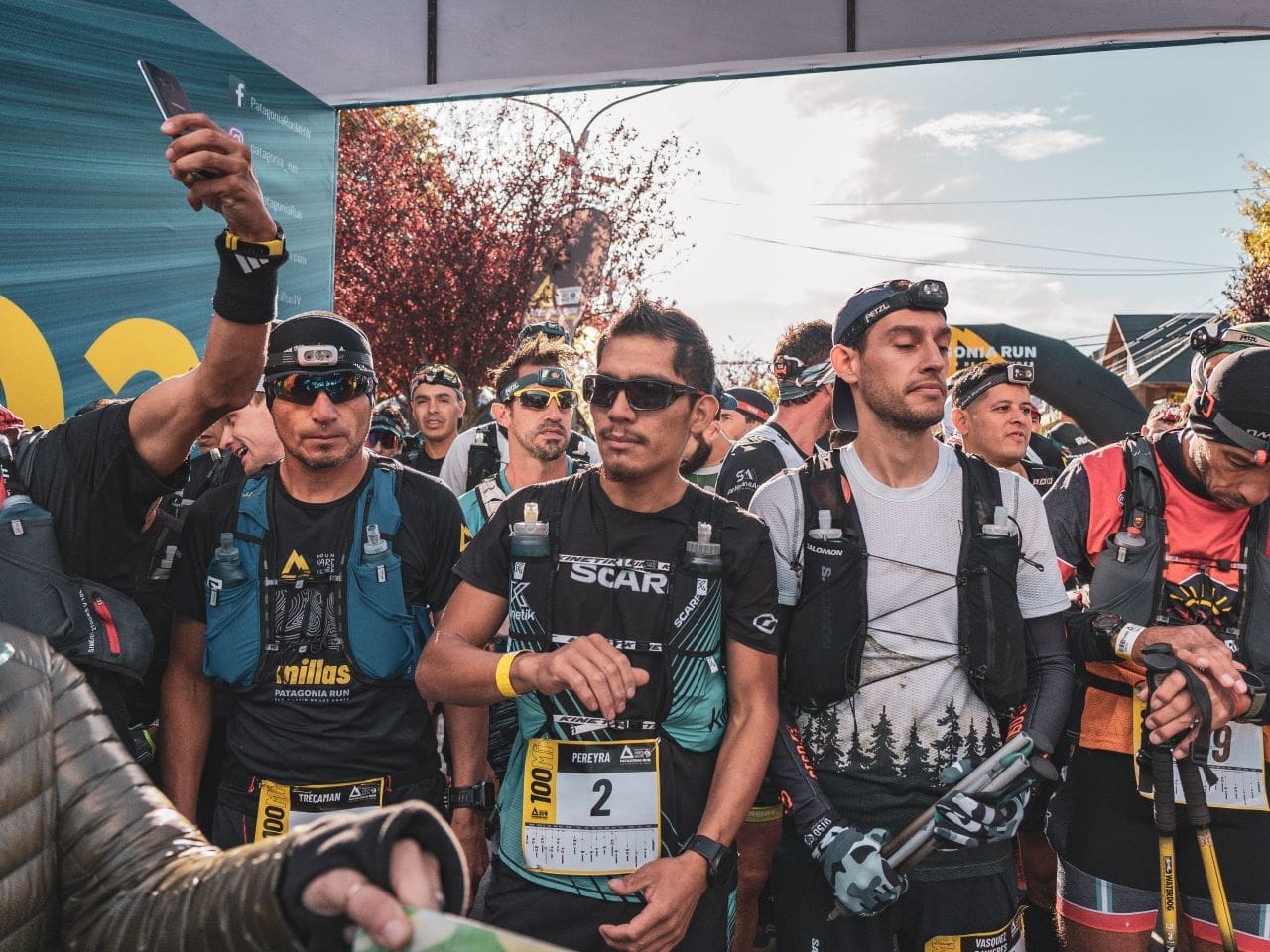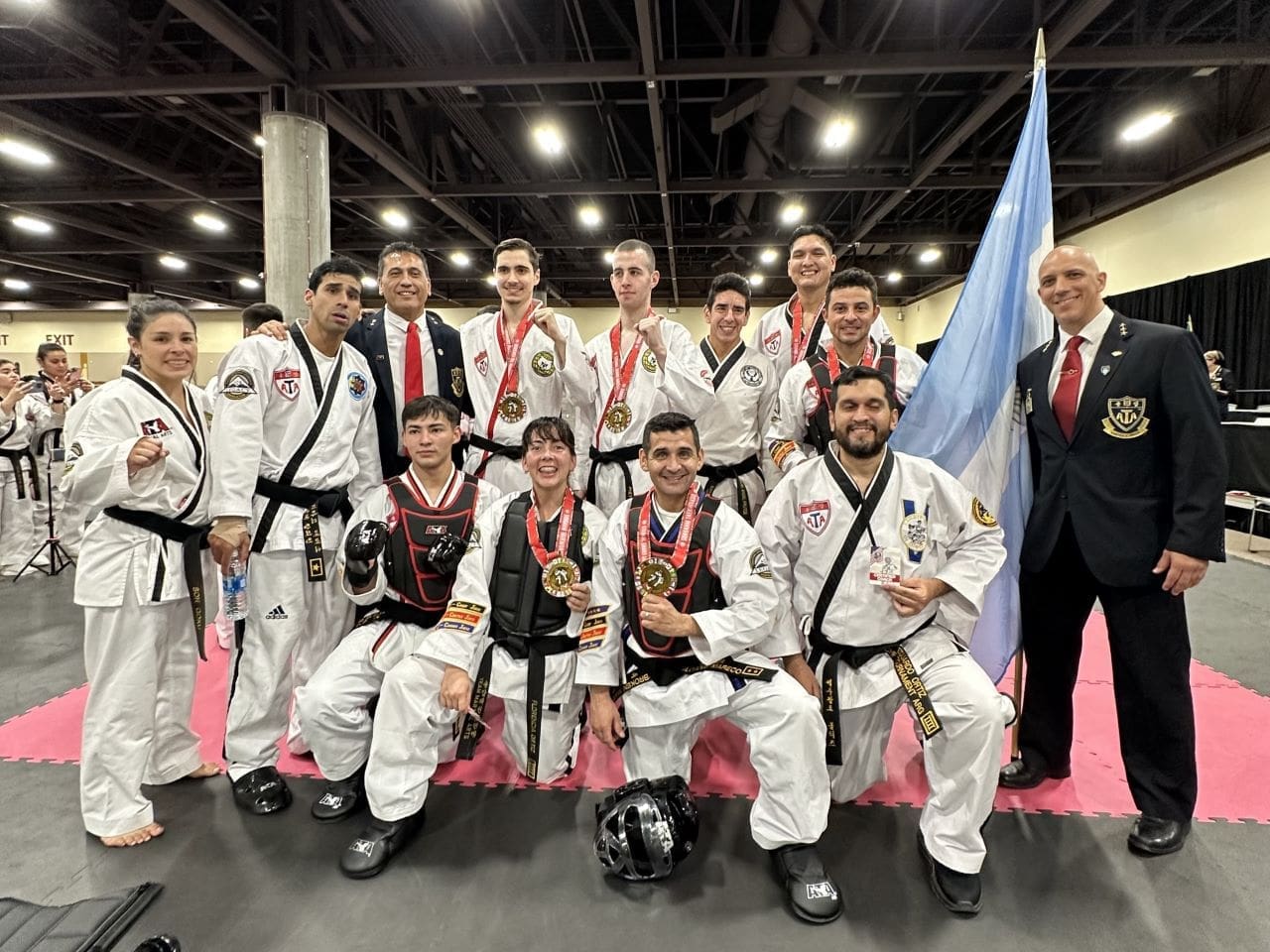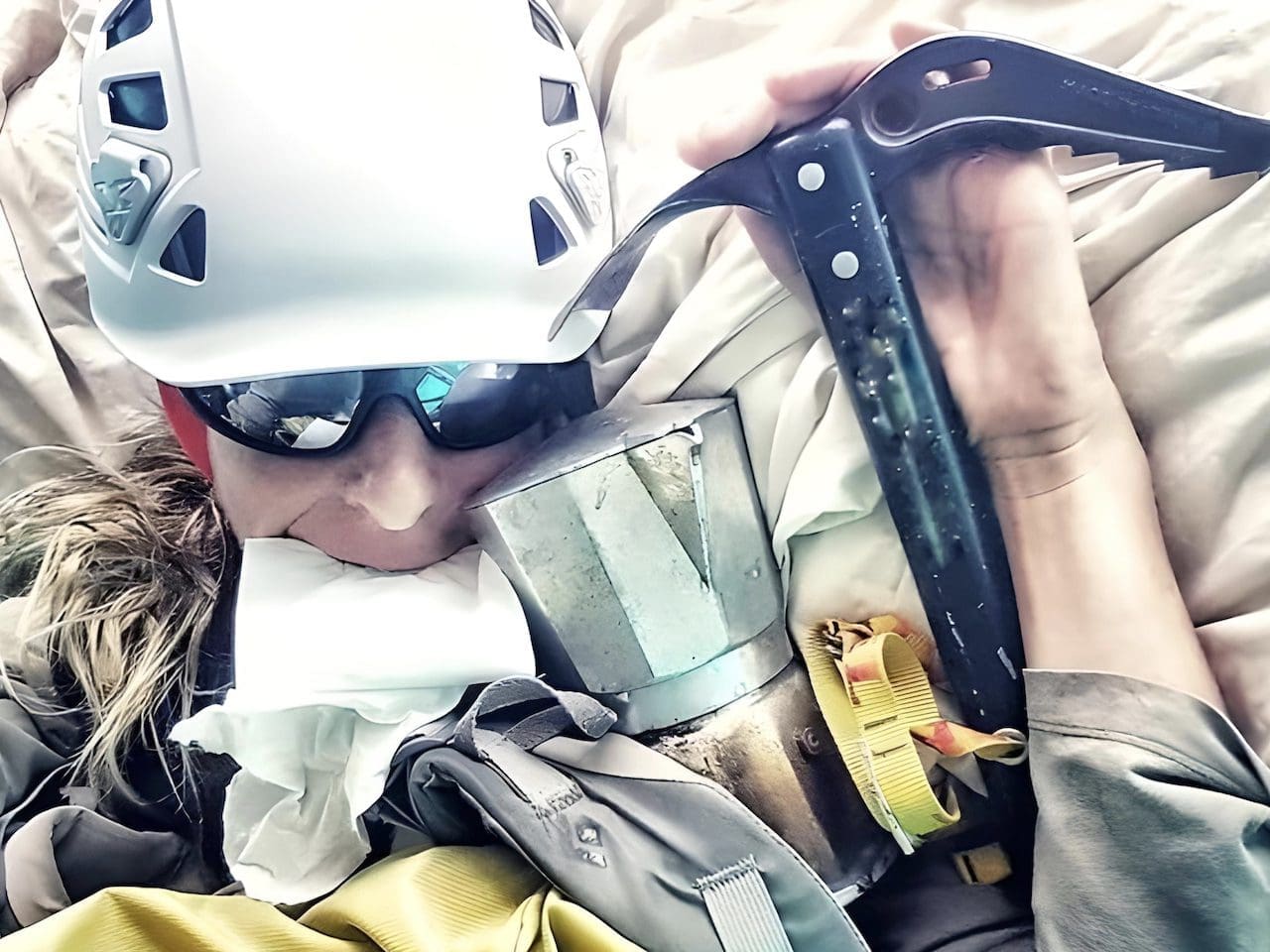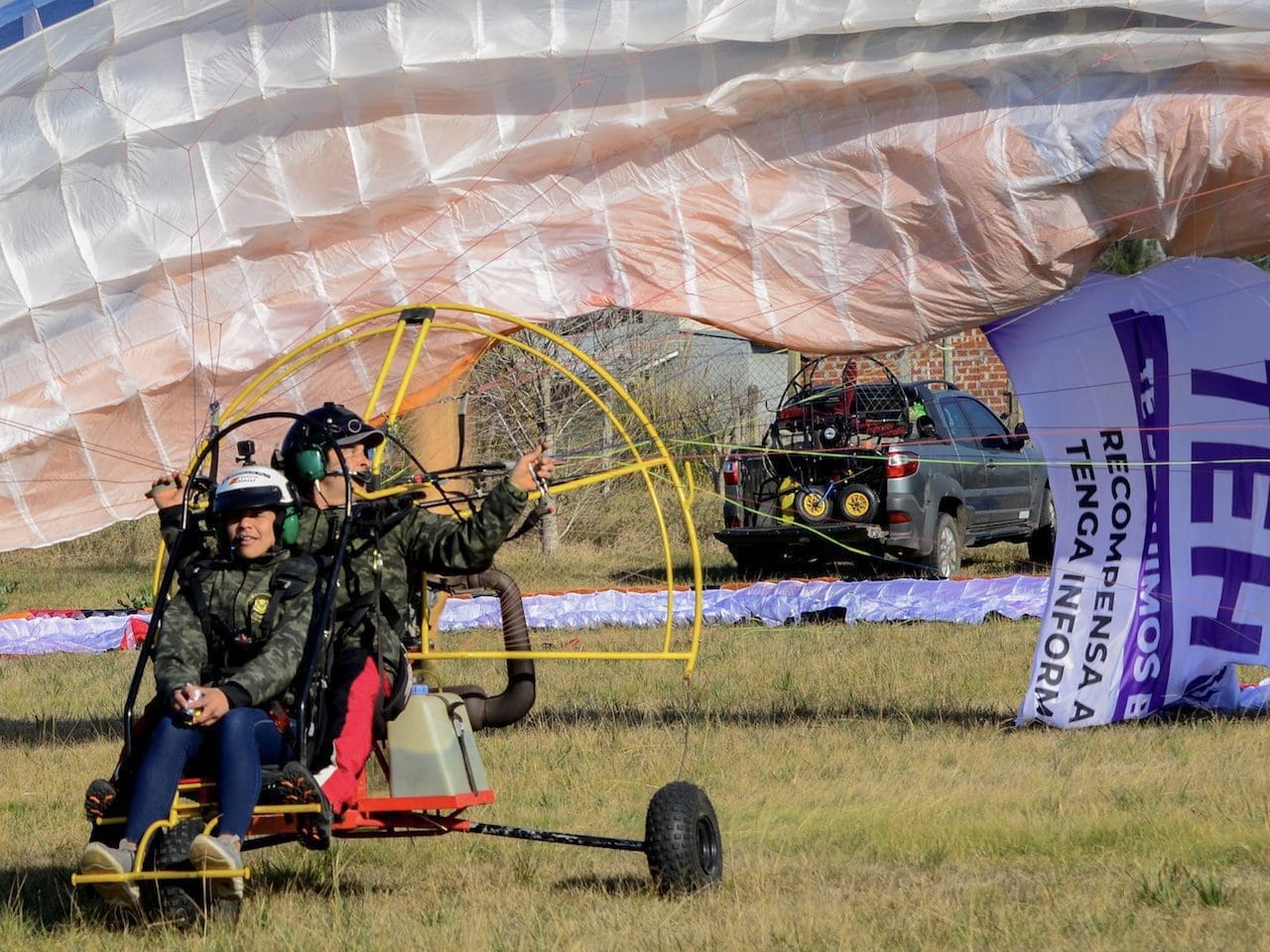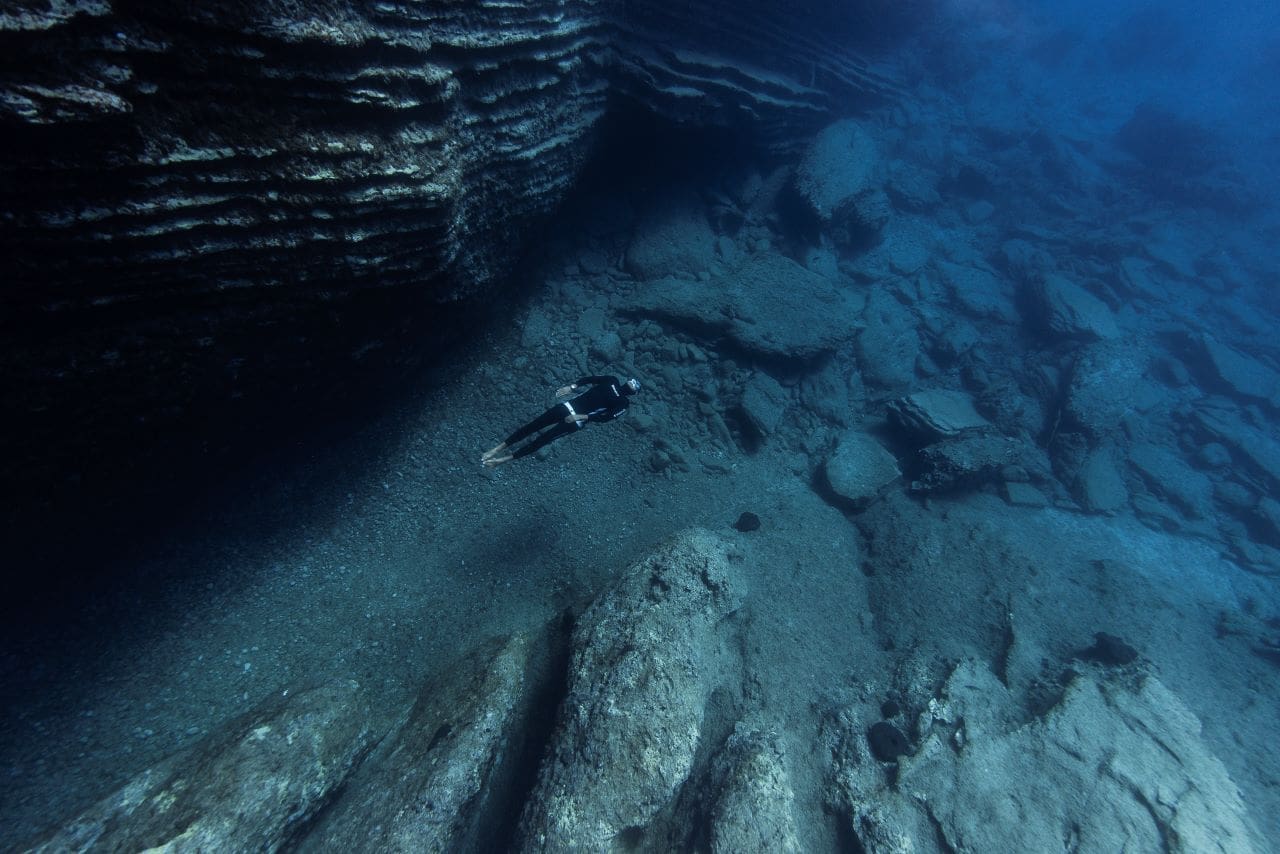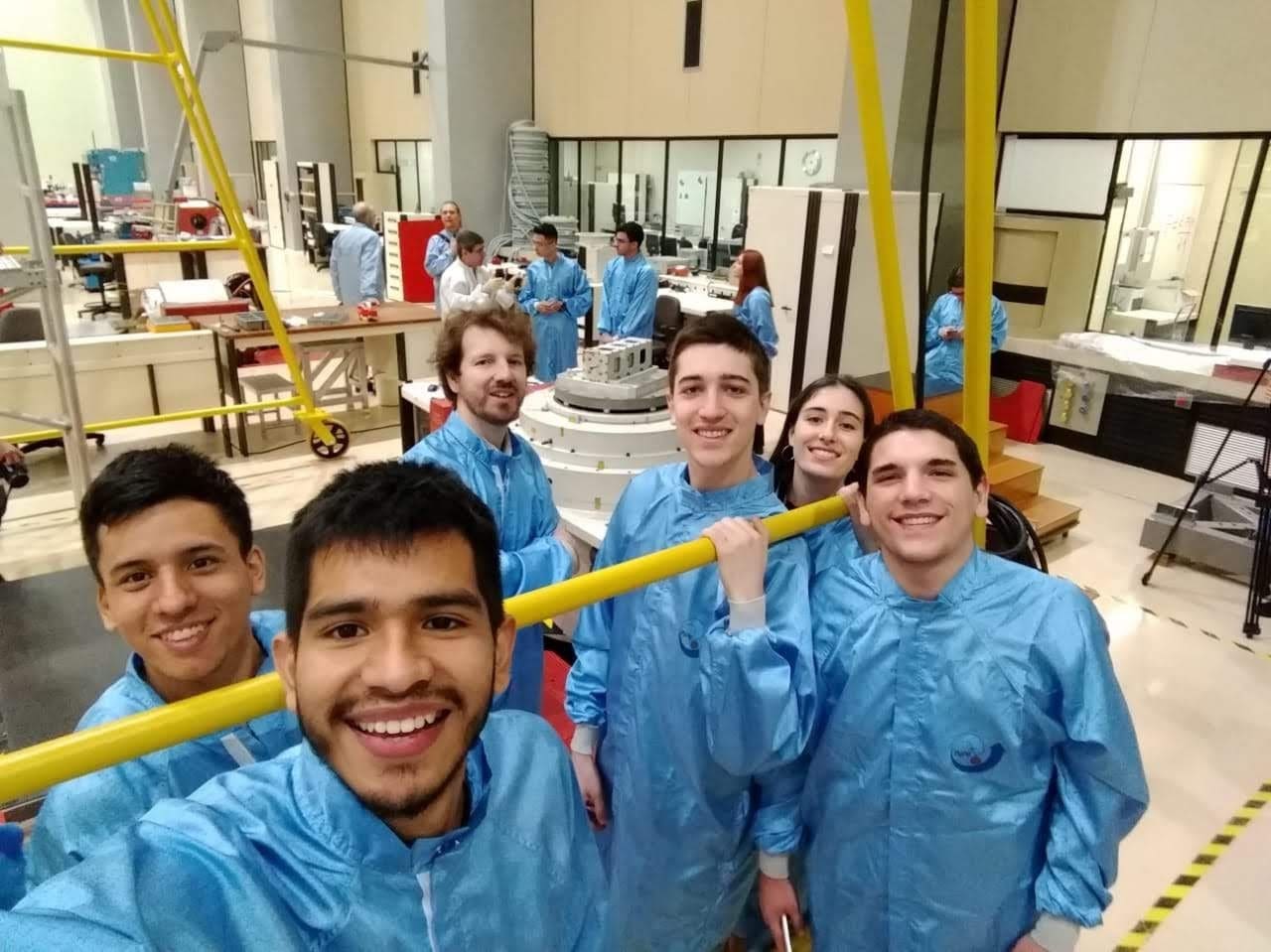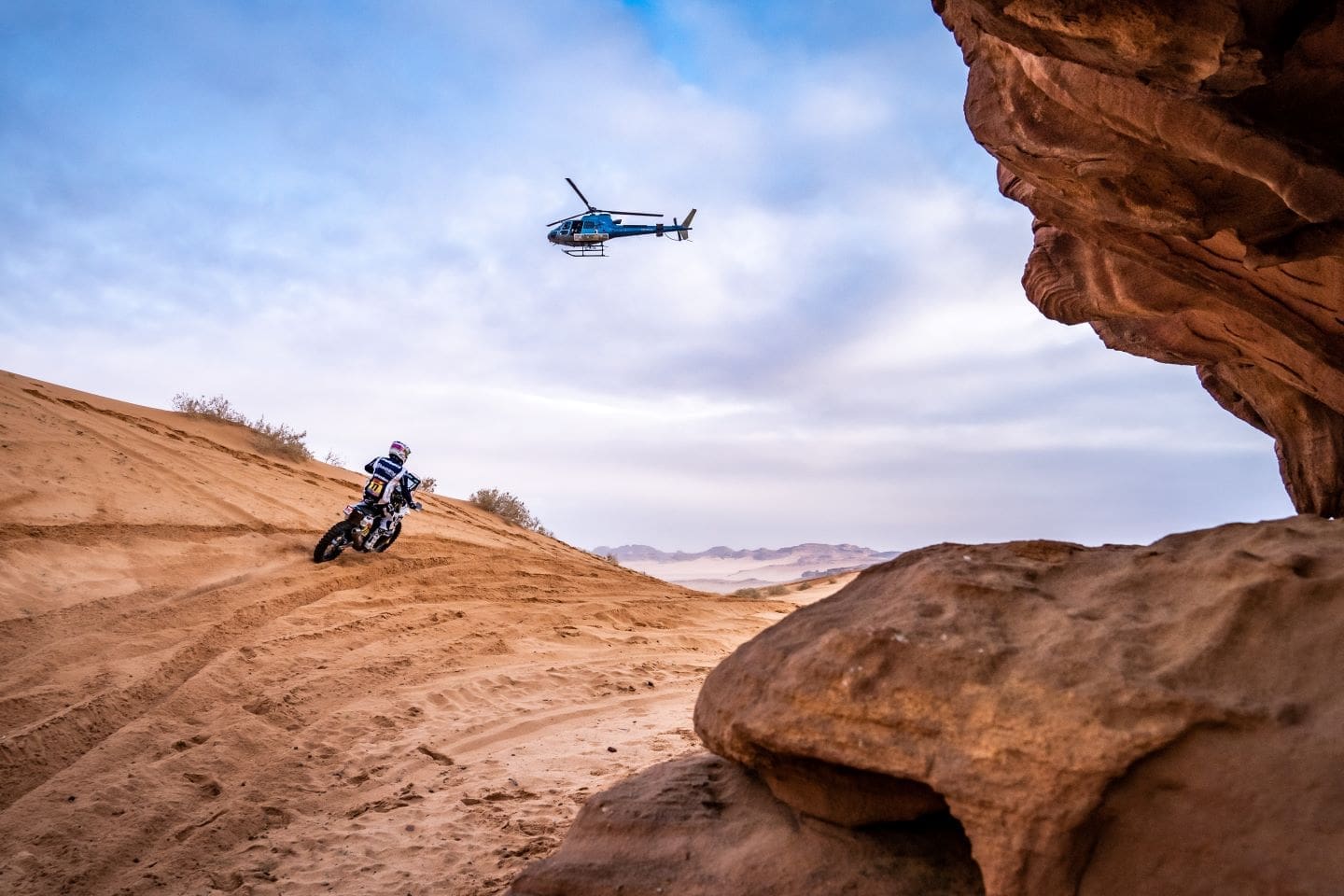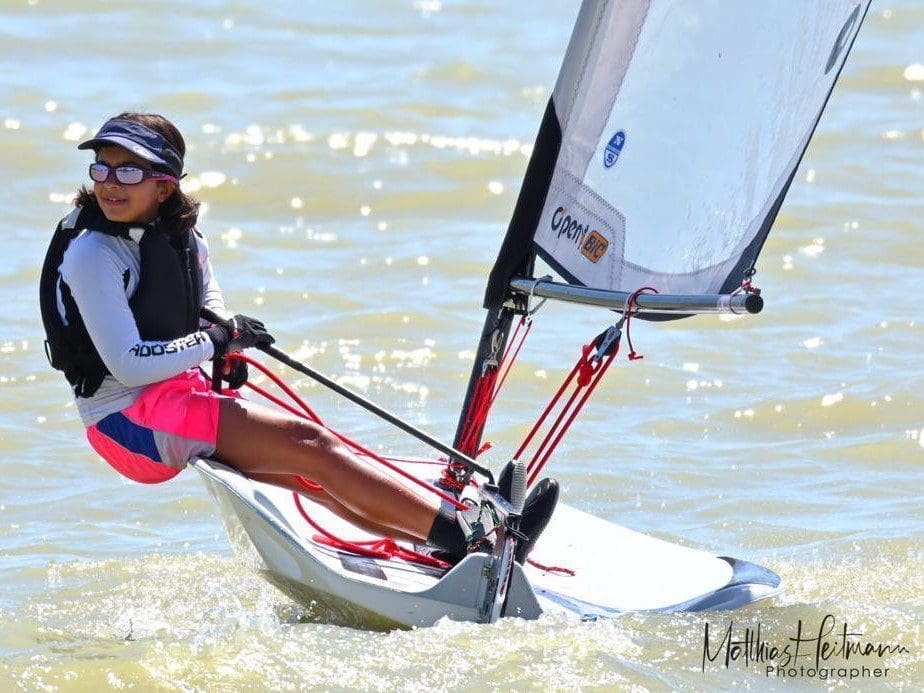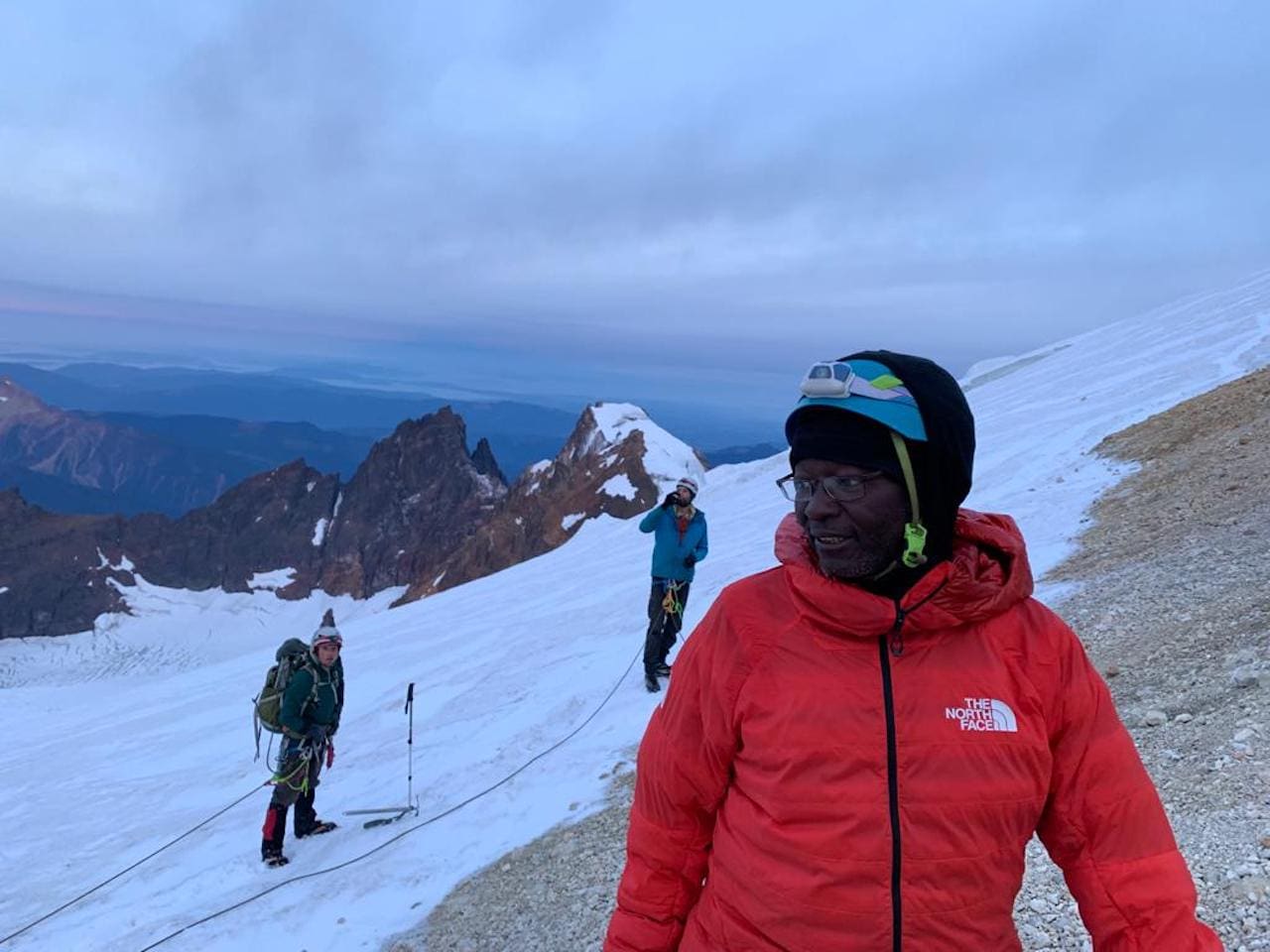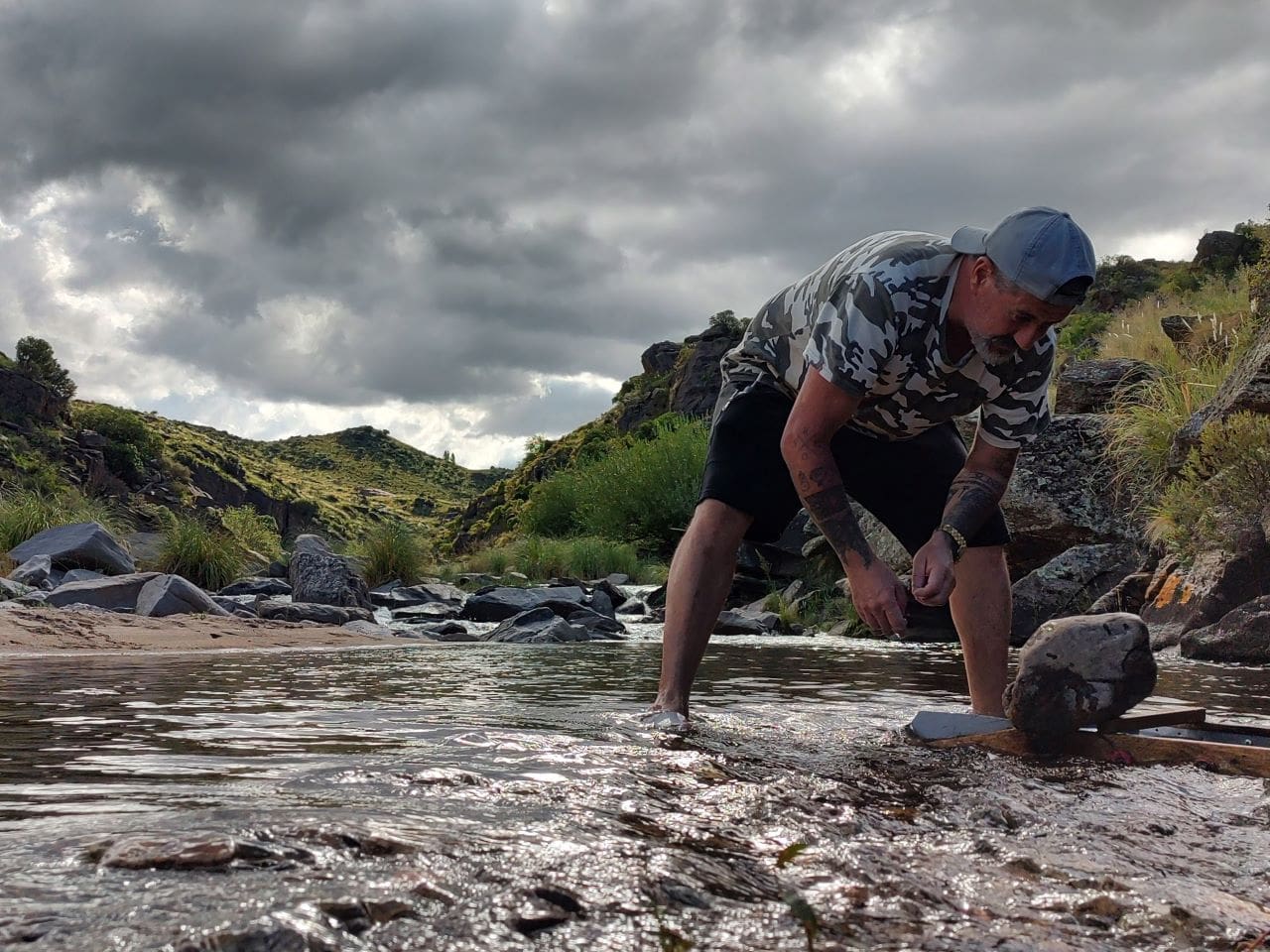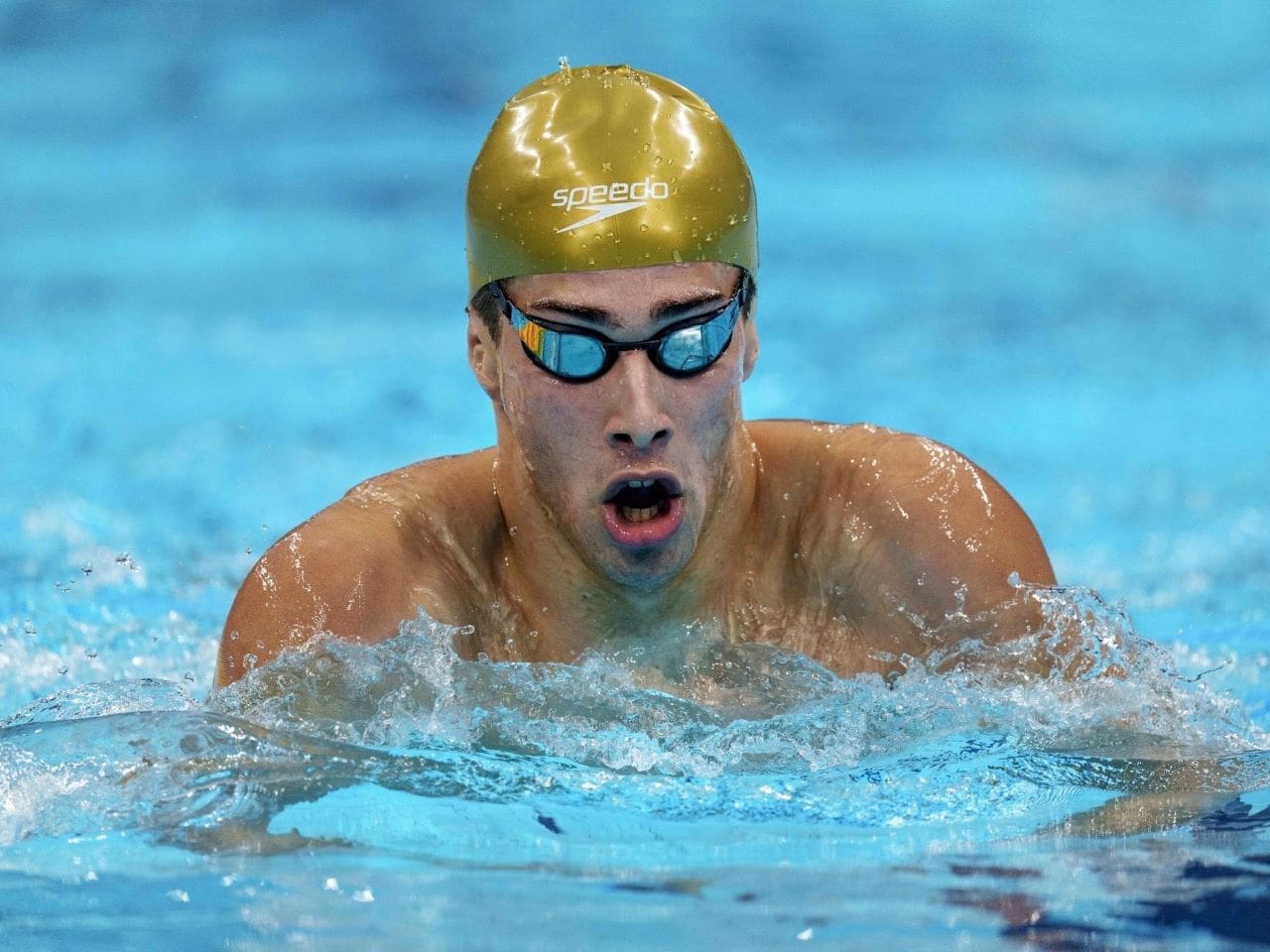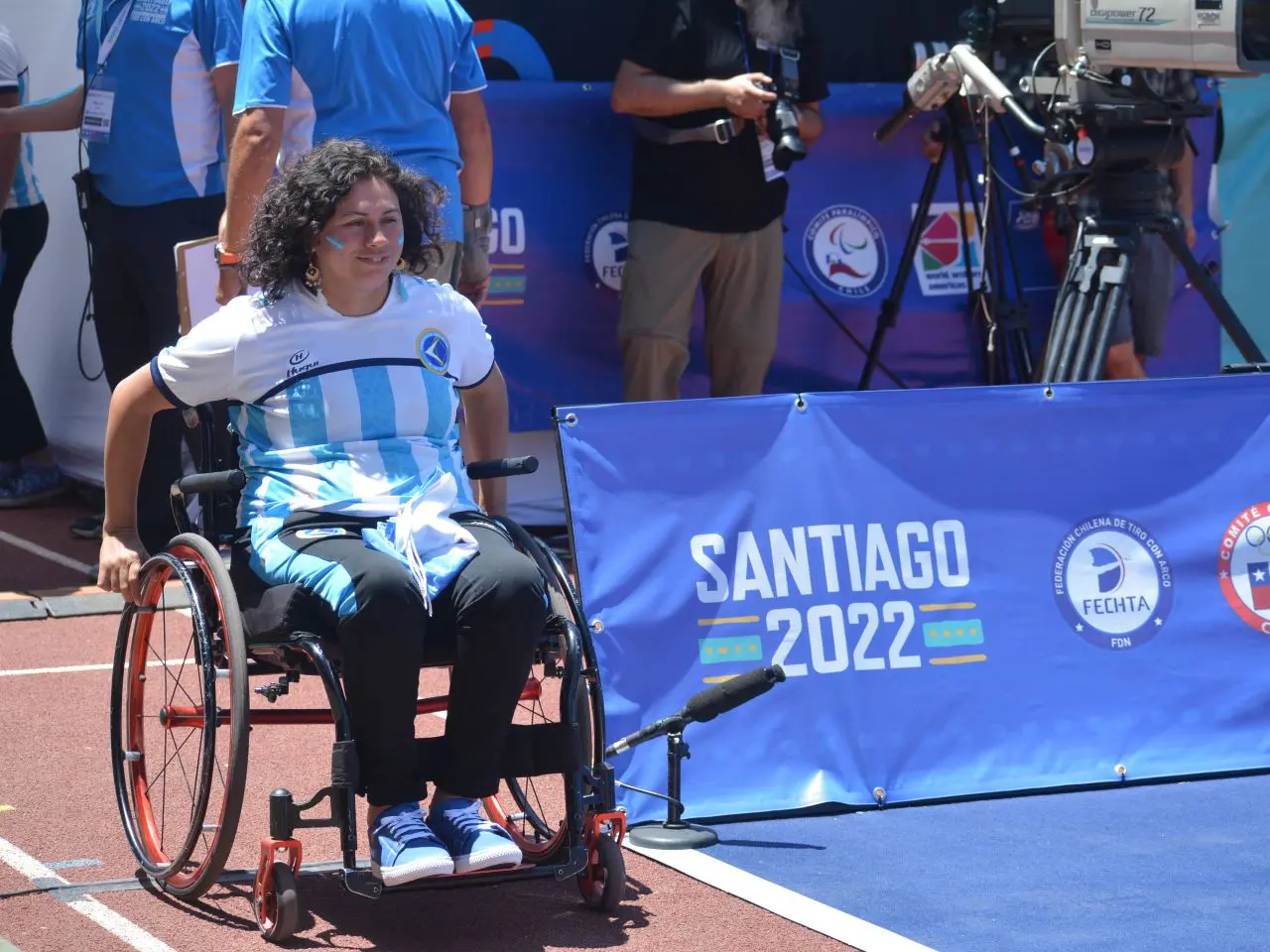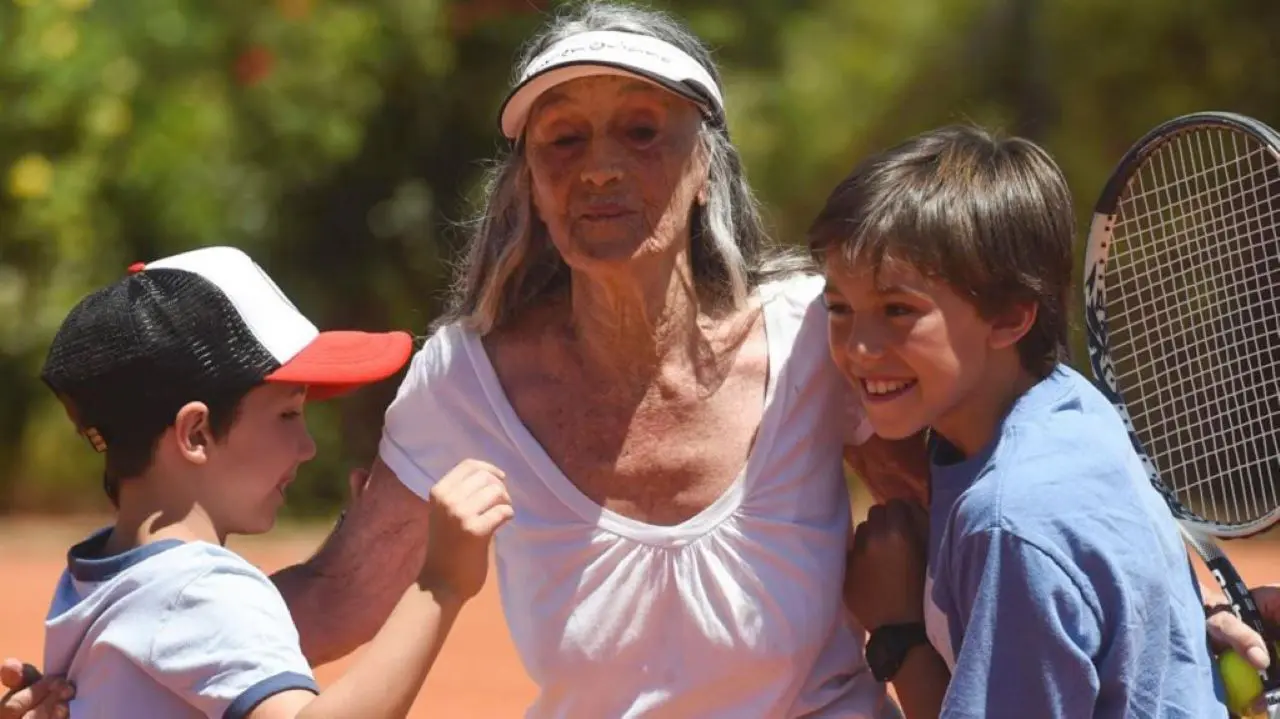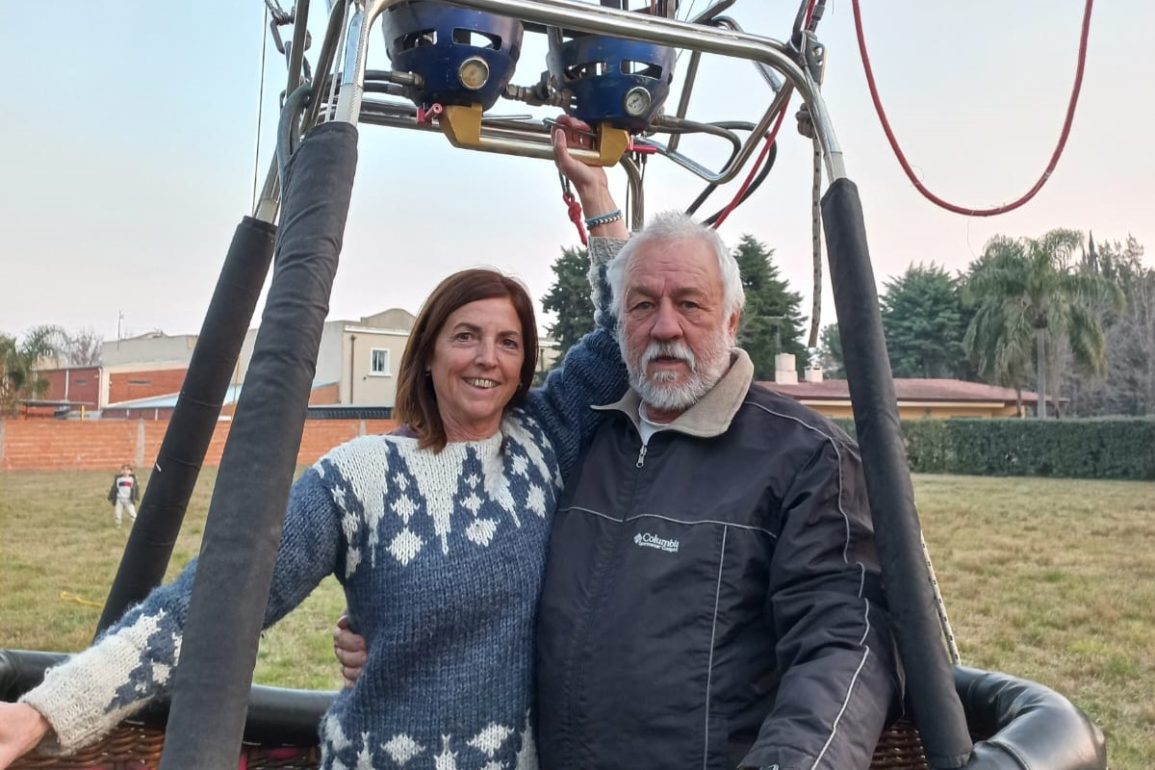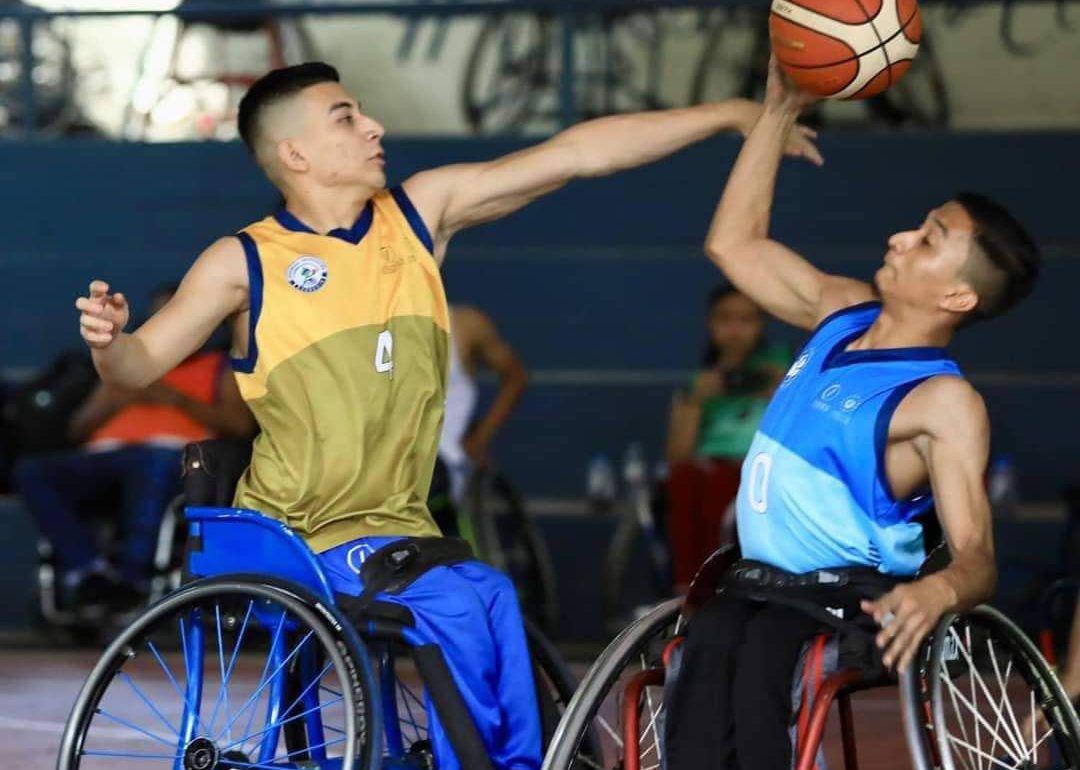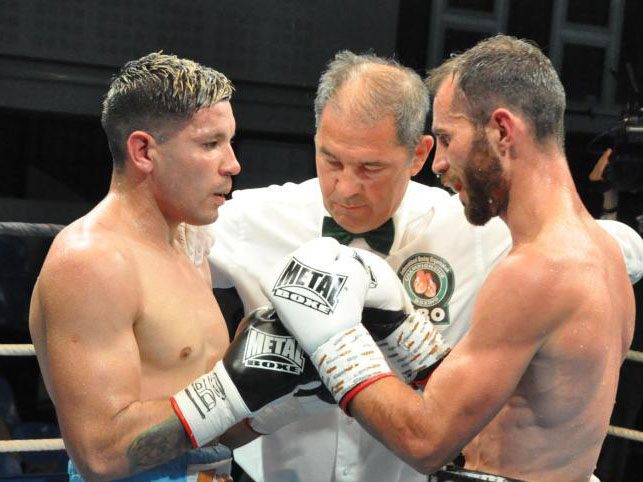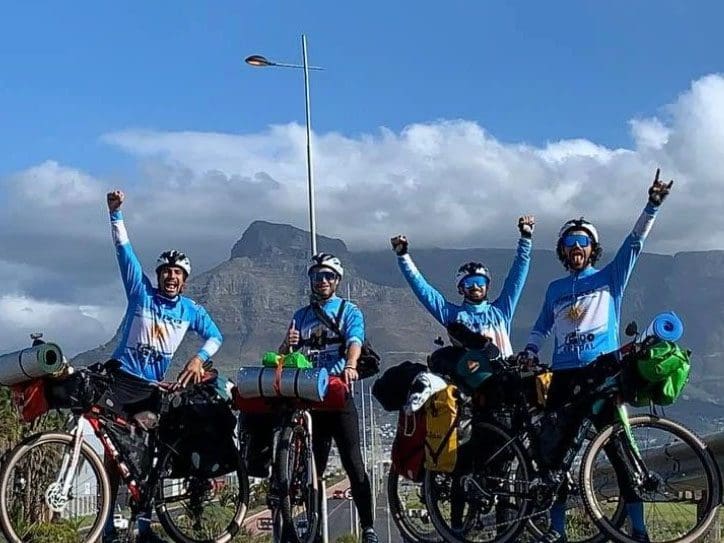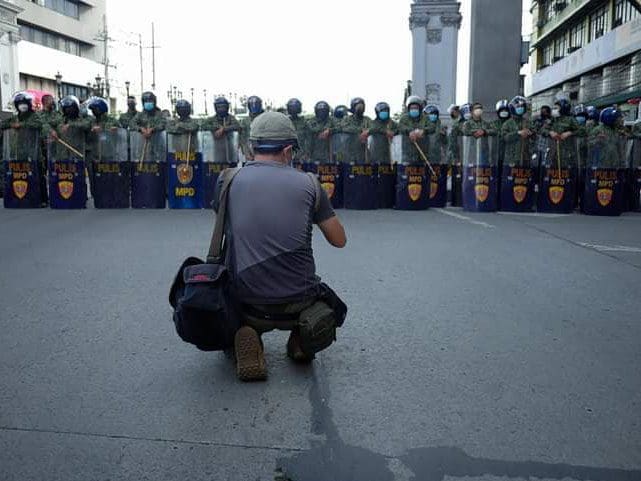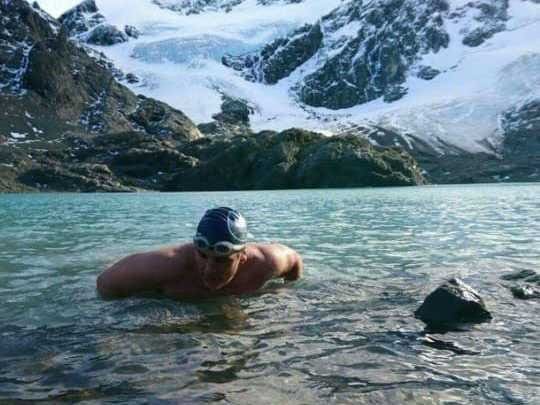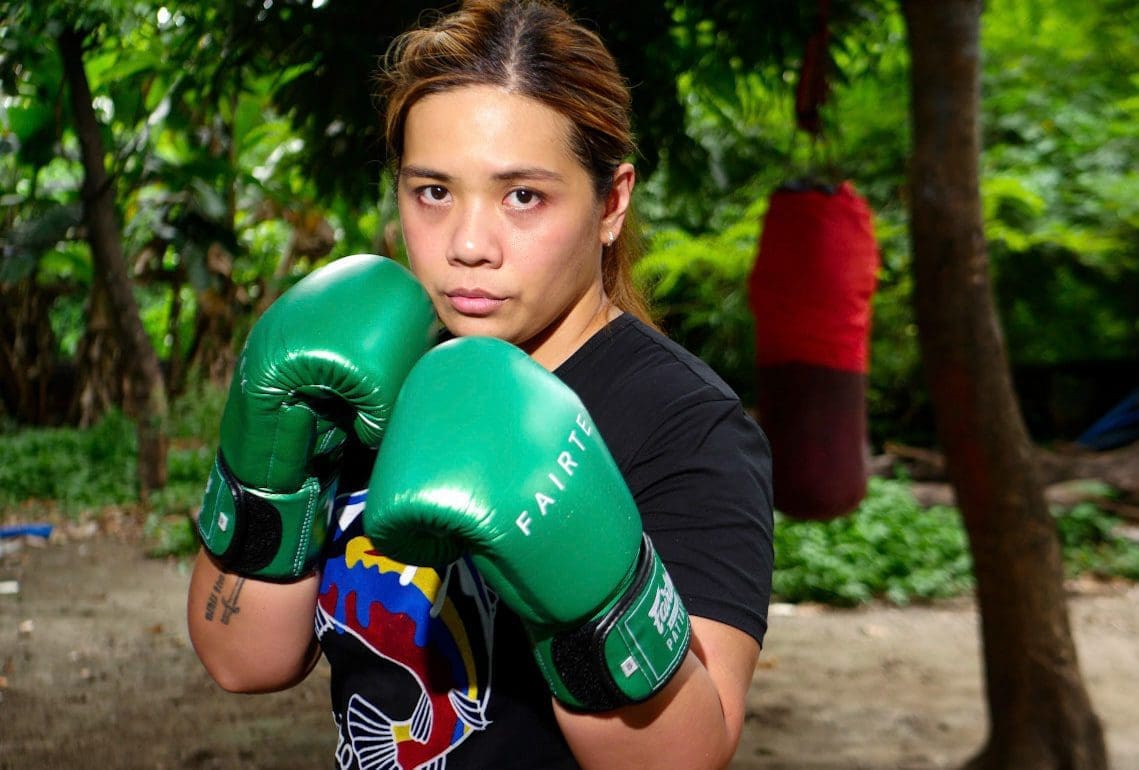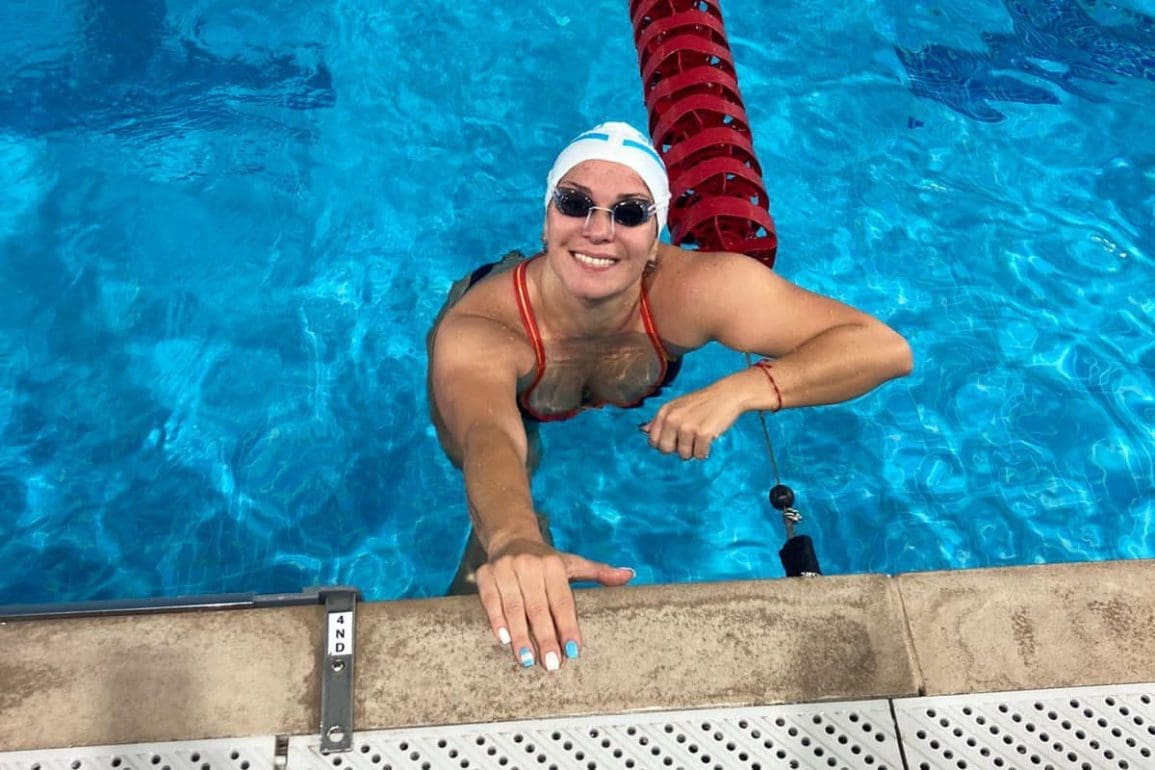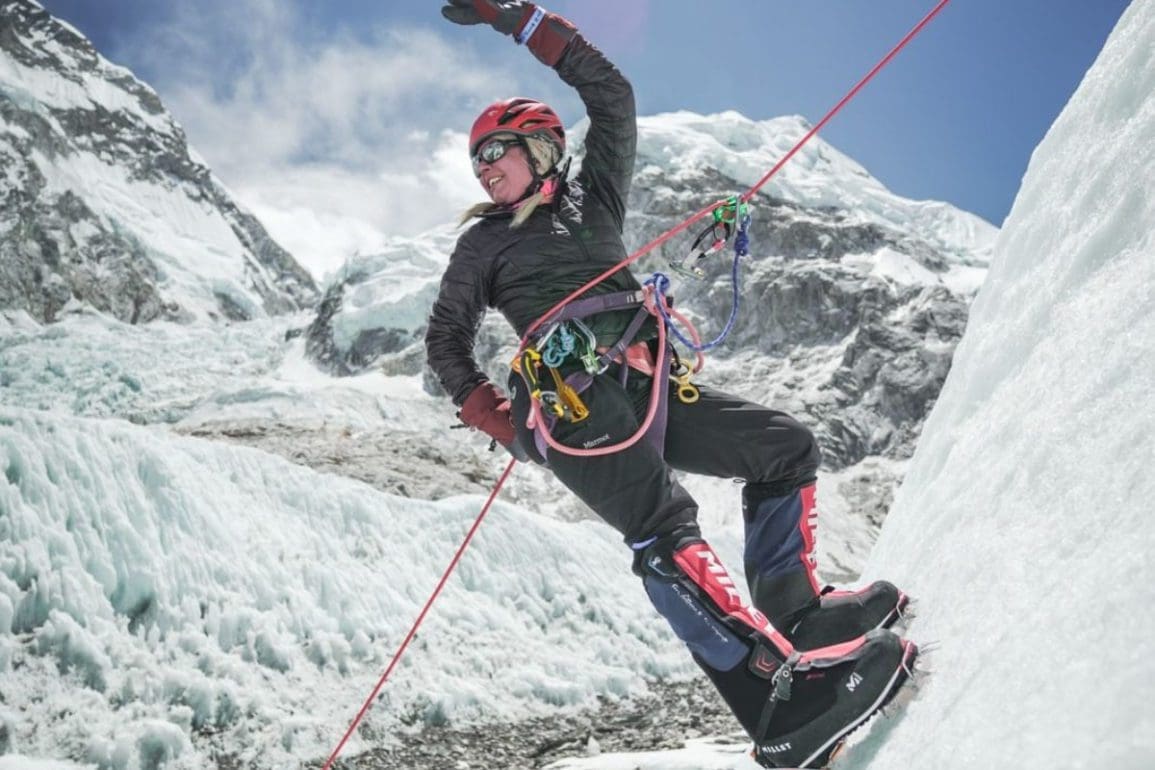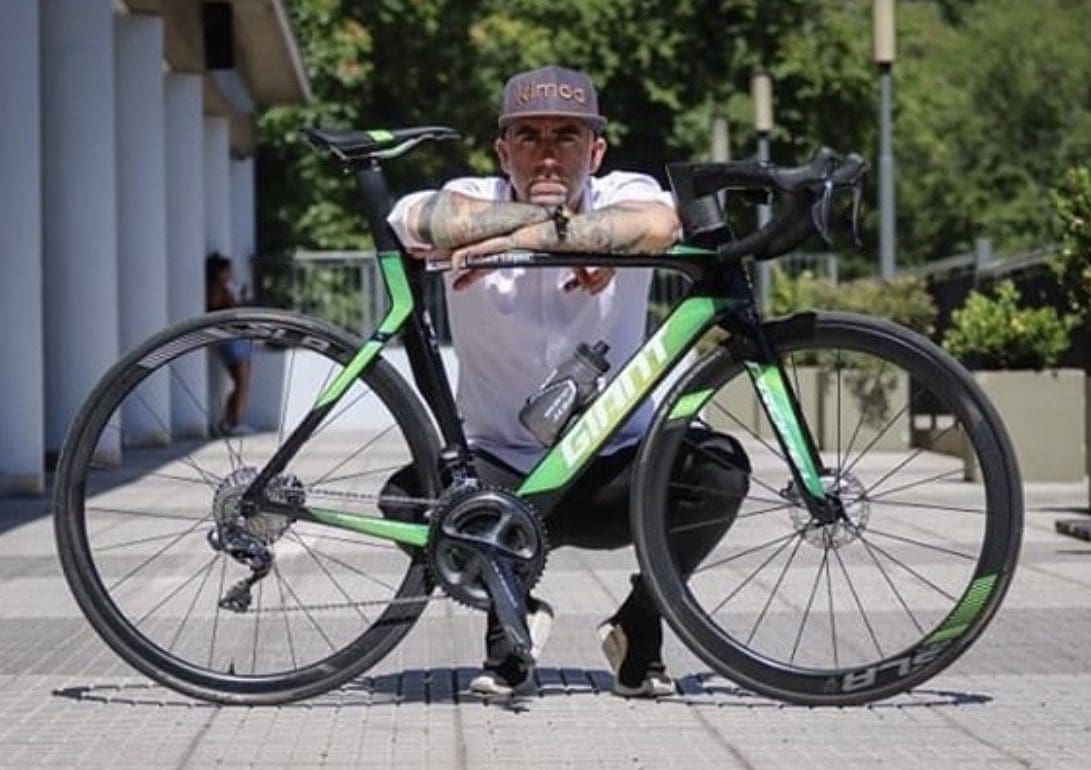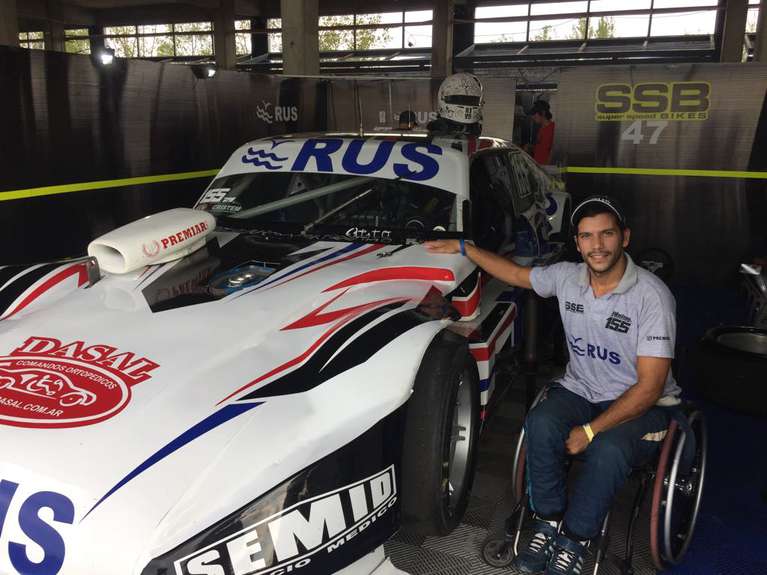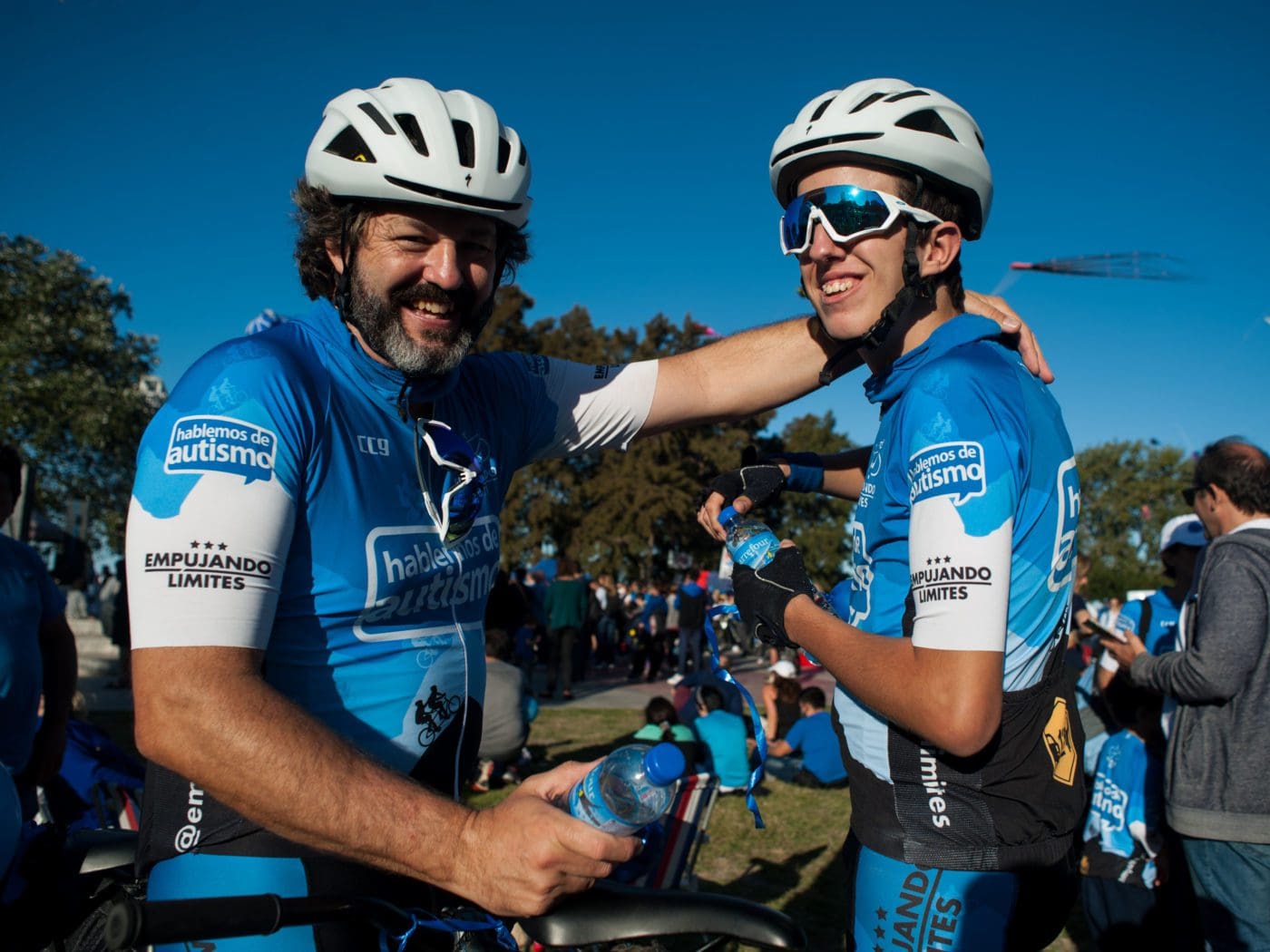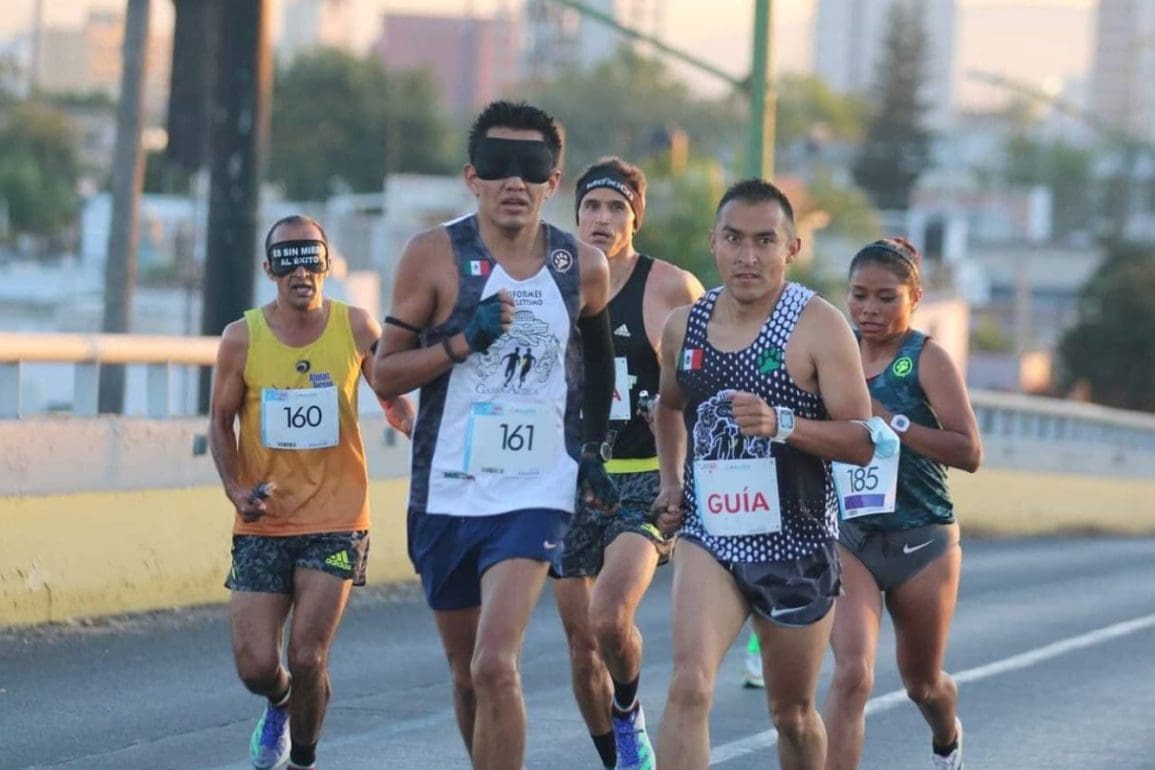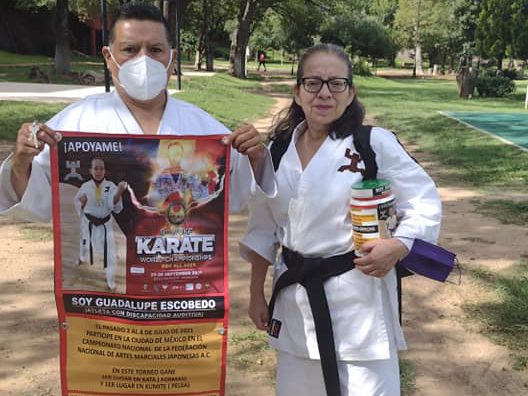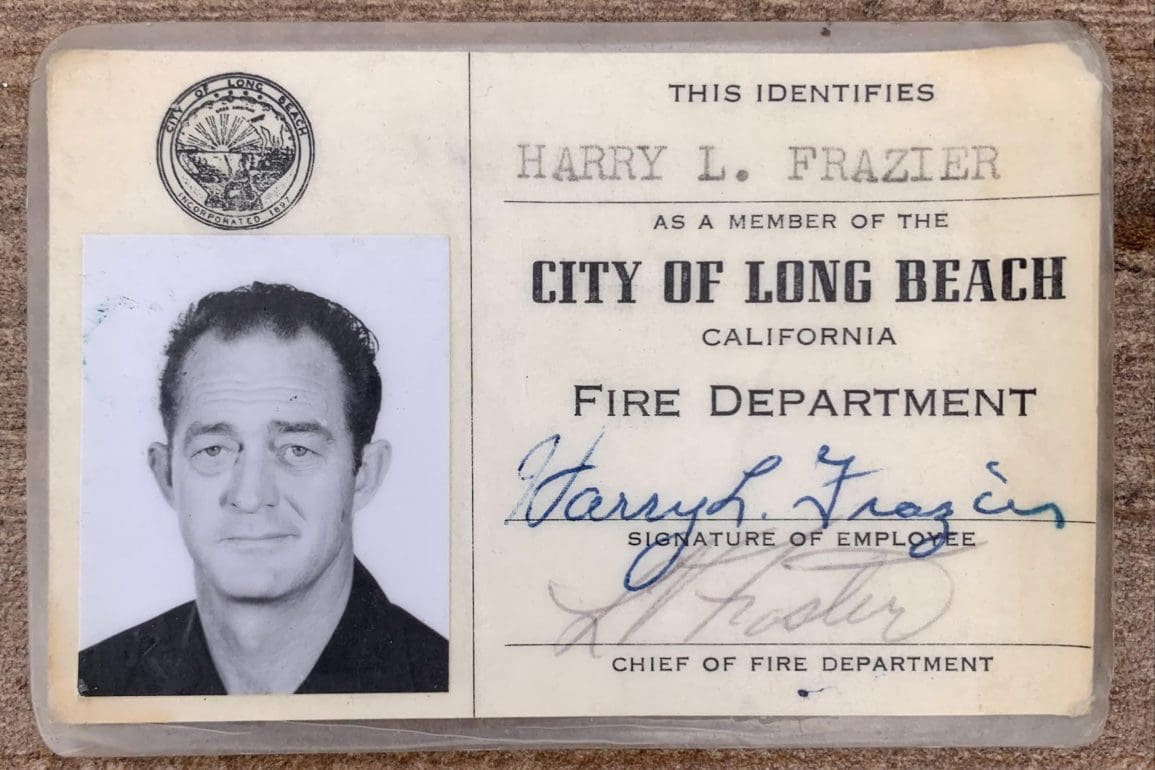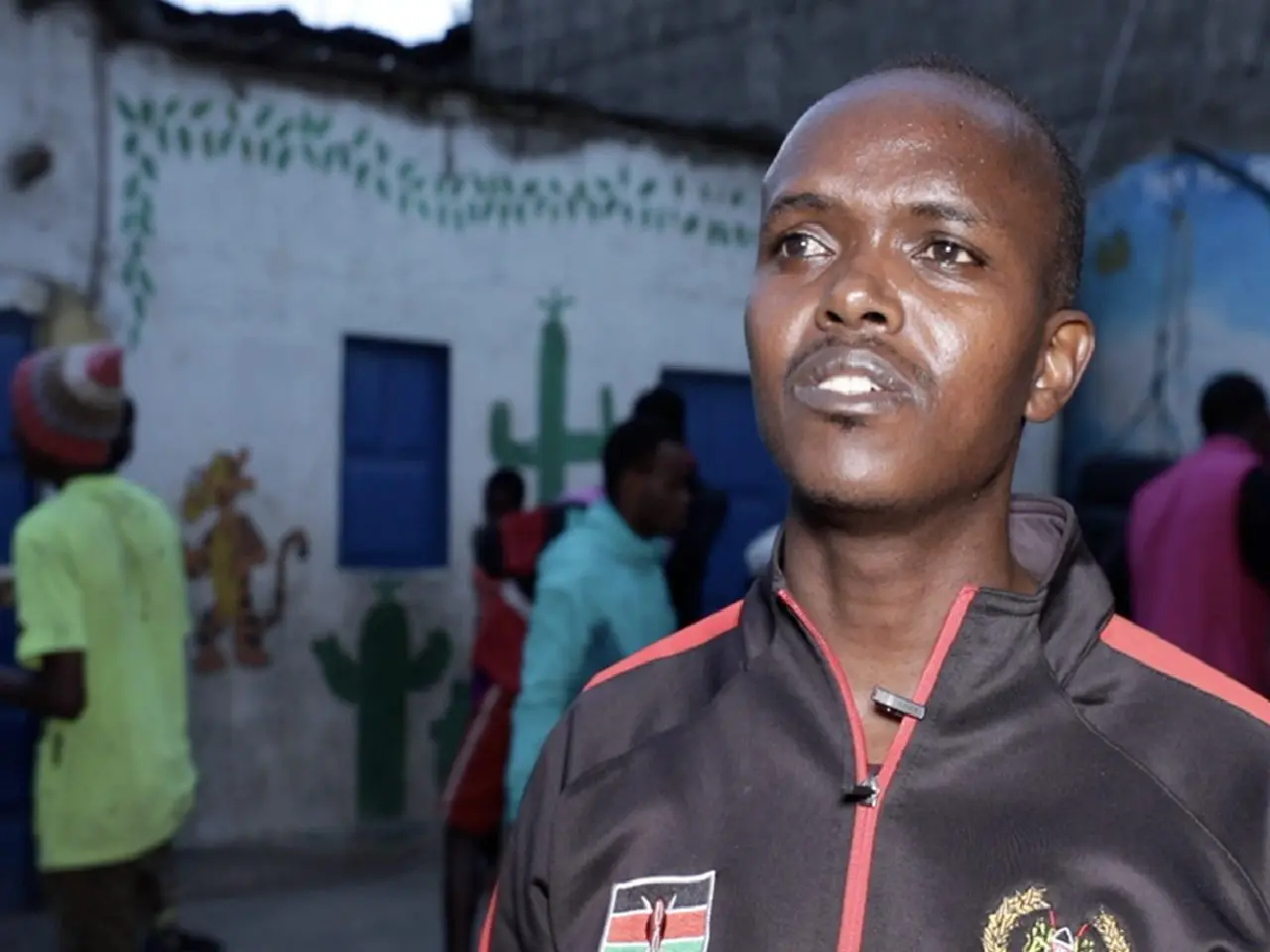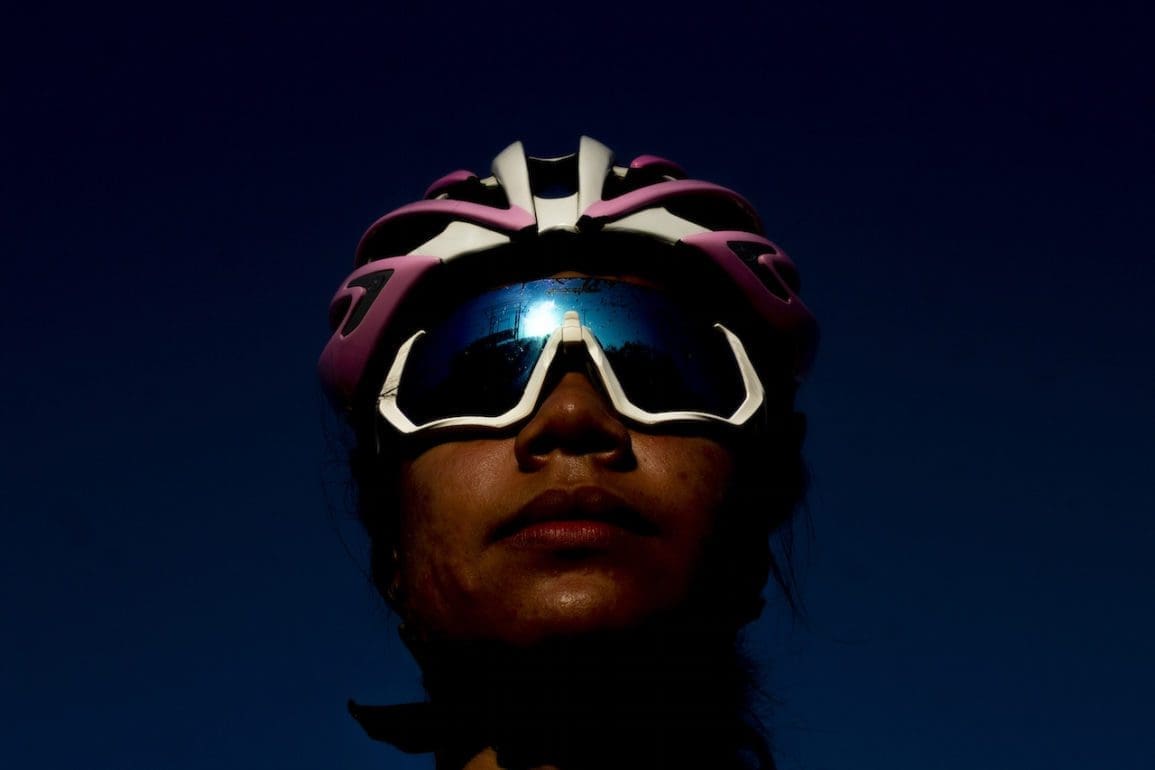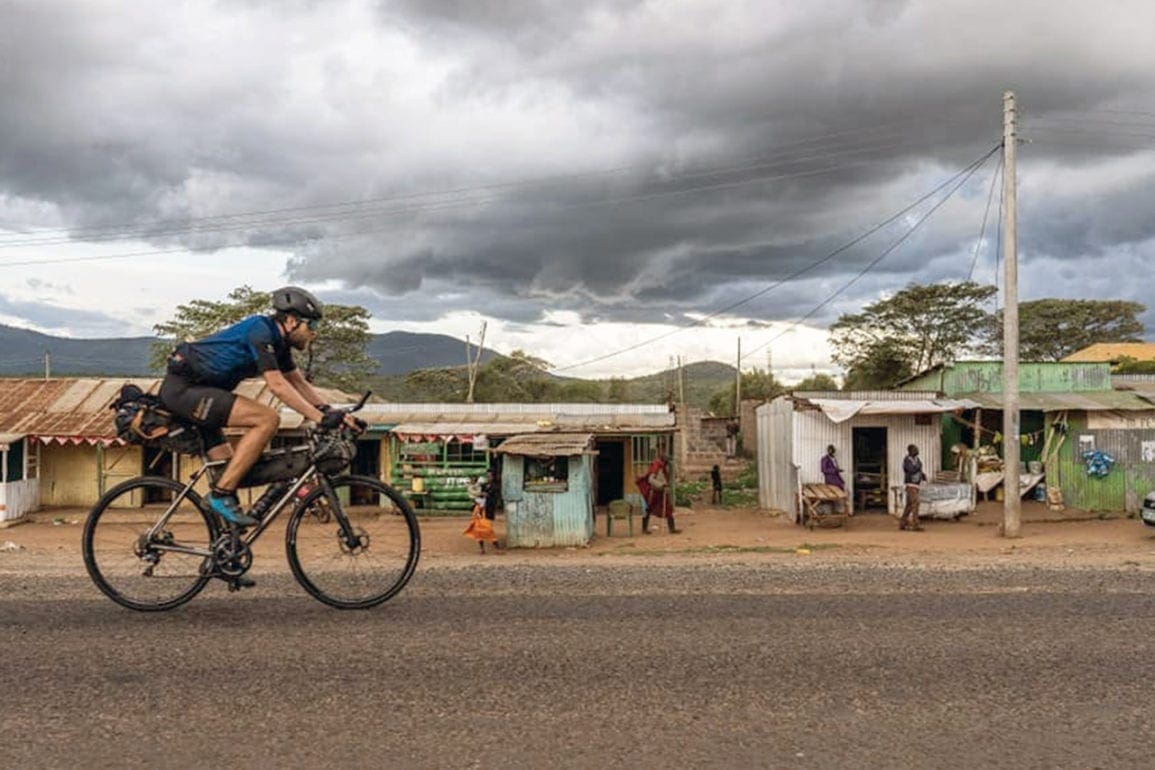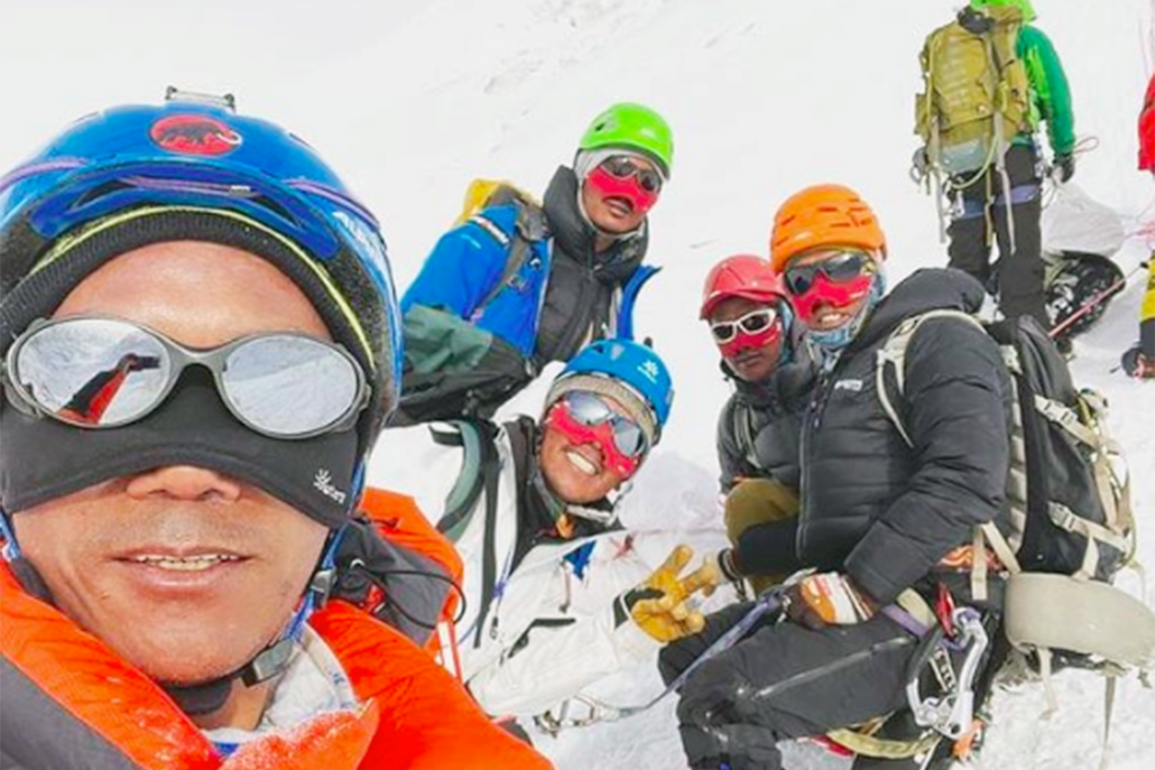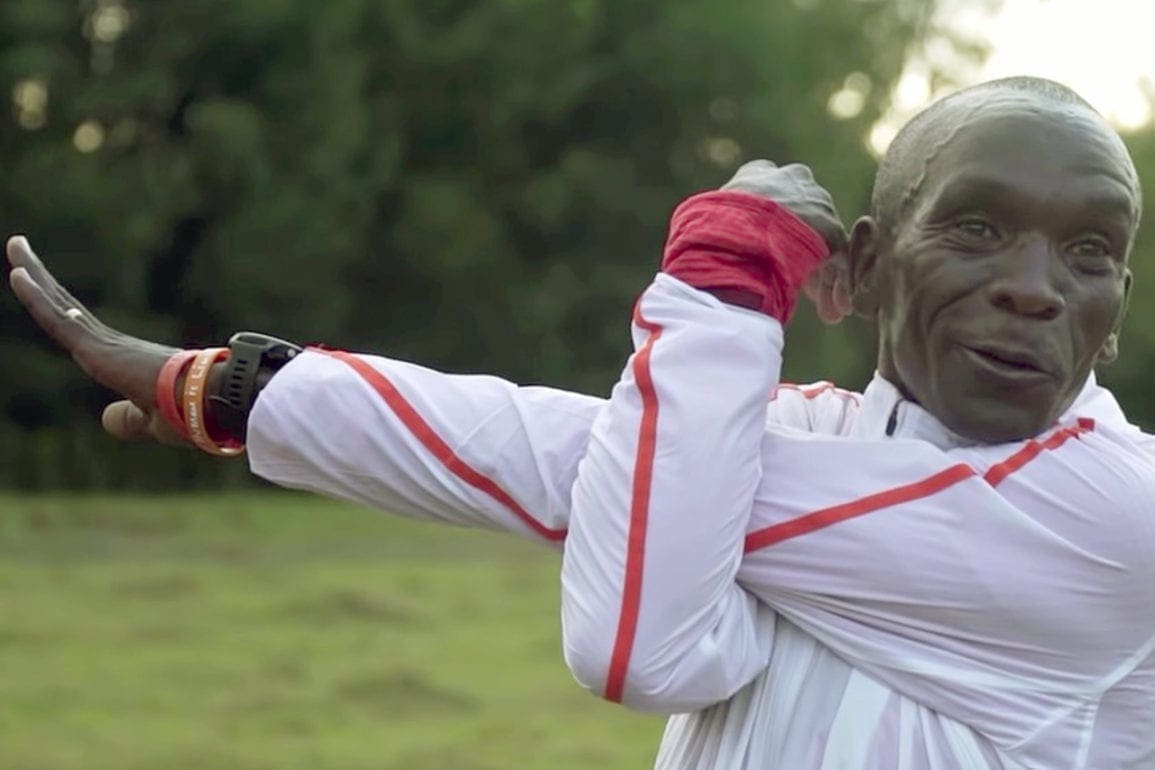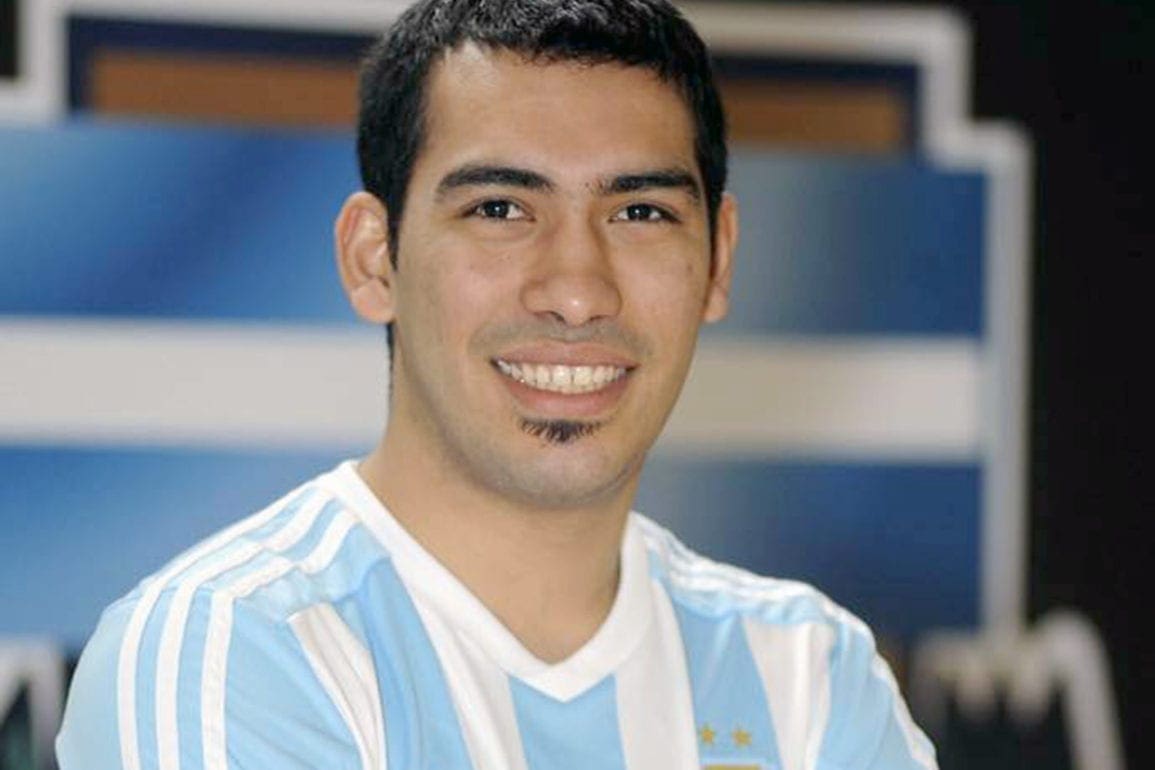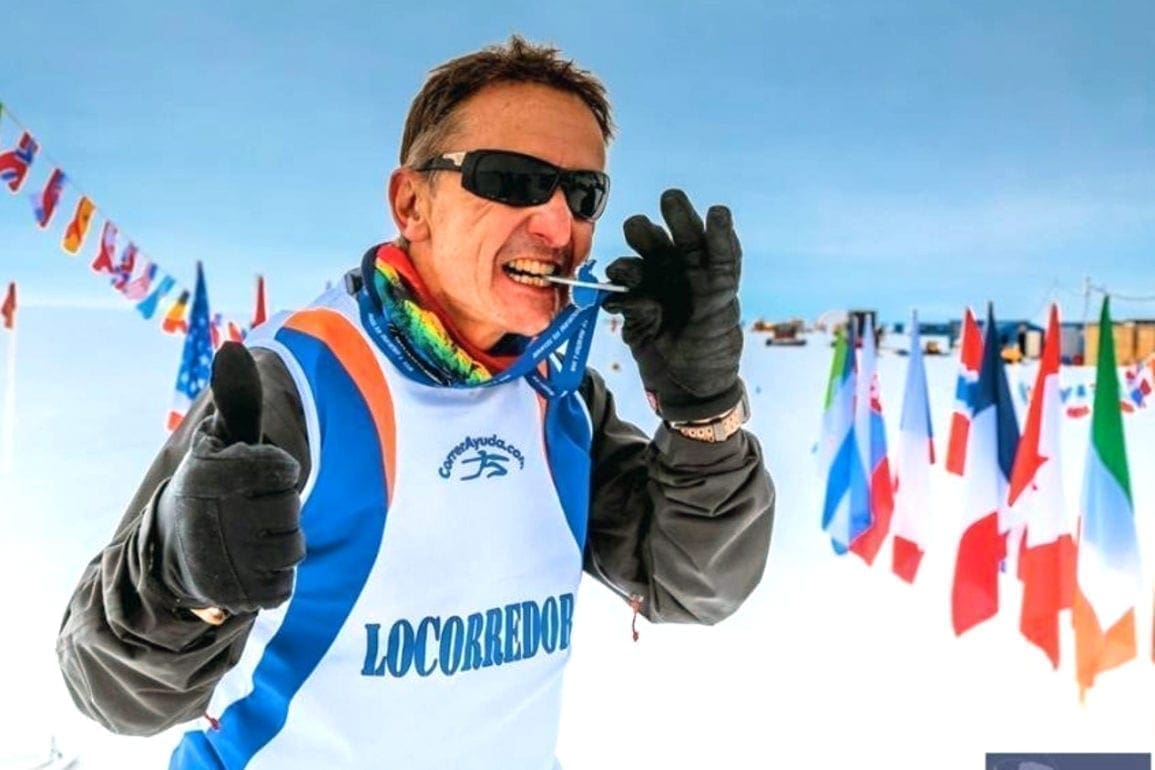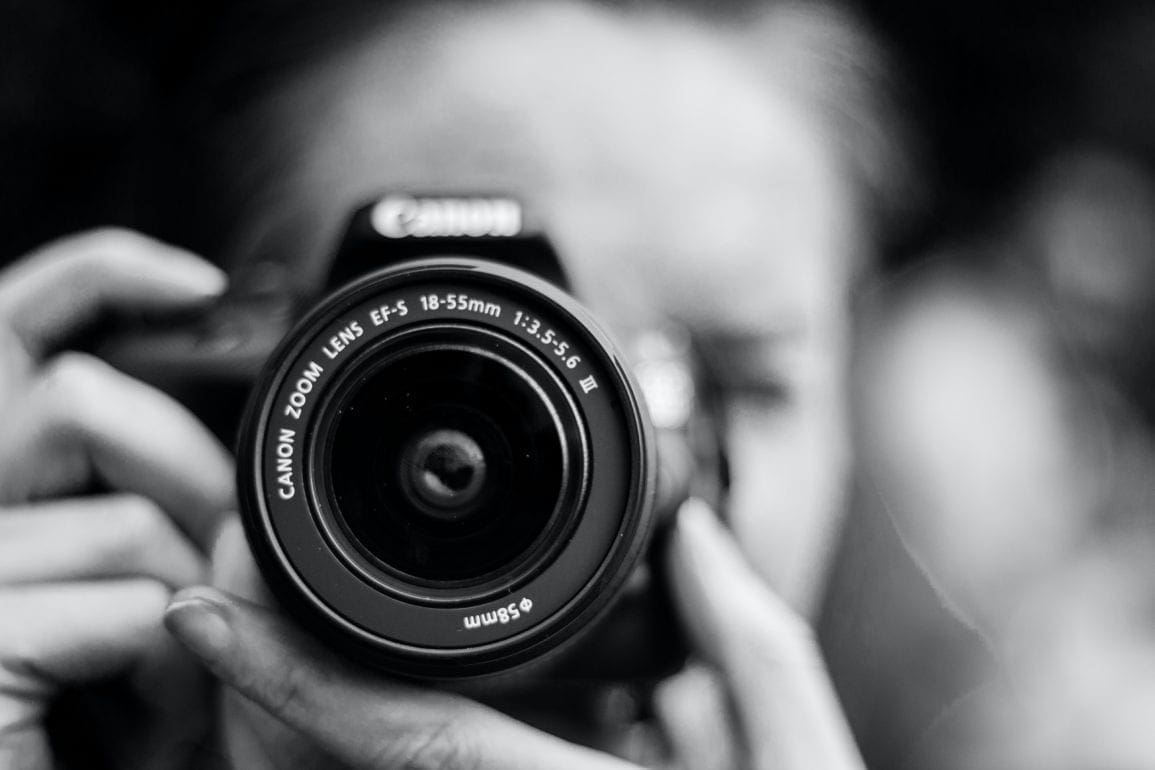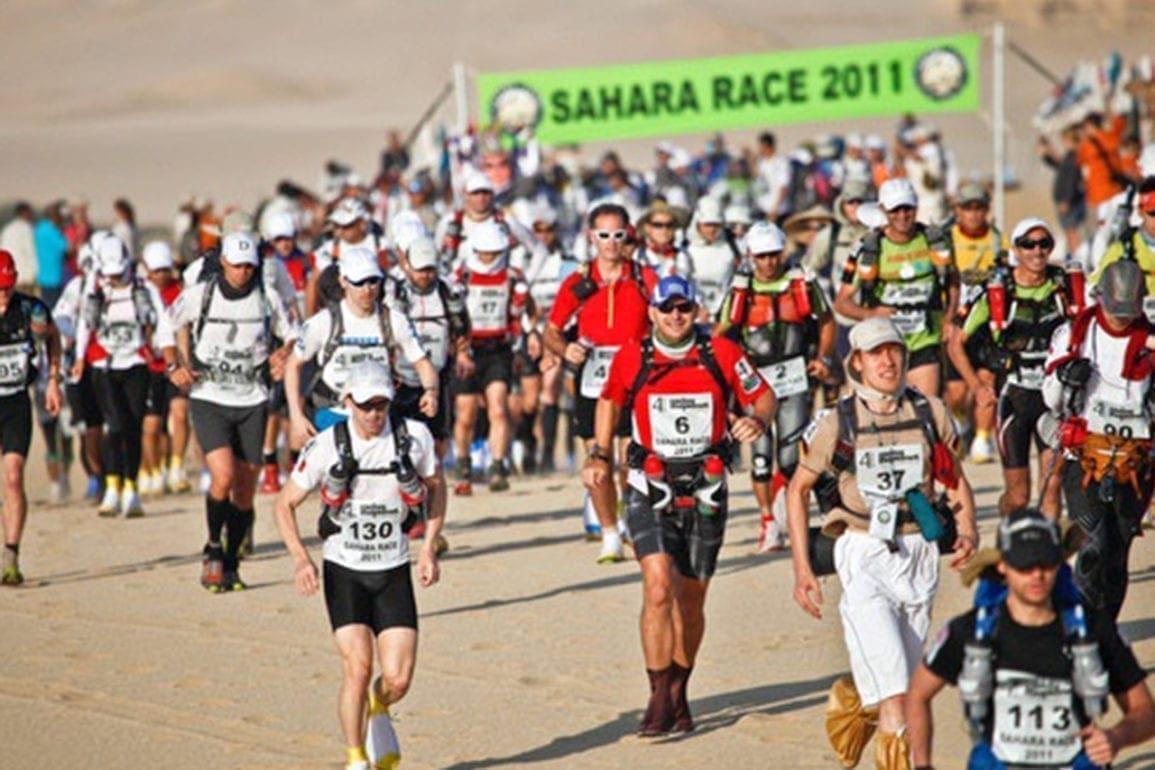She swims in icy cold water and breaks records, inspires women around the world
Night crept in as I prepared to jump into the cold water at Guardia Mitre. Without a ray of light to guide me, I took a deep breath and plunged into the water. Immediately, I felt dizzy, and the world spun around me.
- 3 years ago
August 4, 2023

VIEDMA, Argentina — Night crept in as I prepared to jump into the cold water at Guardia Mitre. Without a ray of light to guide me, I took a deep breath and plunged into the water. Immediately, I felt dizzy, and the world spun around me. Swimming the hundred kilometers to my hometown of Viedma in the darkness, the river and sky blurred into one another. It felt like being inside the mouth of a beast.
My mother accompanied me in a kayak, moving side-by-side. Two boats lingered in front of and behind us for safety. Throughout a journey like this, the water changes often, transforming from calm to choppy when the wind picks up. When the sun finally rose, its beauty engulfed me, but the water temperature dropped drastically. I struggled through 17 long hours before making it to the finish line. As I approached the coast, I saw a big crowd waiting for me, filling me with excitement and happiness. At the same time, I felt overwhelmed with exhaustion.
That day, I became the first woman to complete the swim from Guardia Mitre to Viedma, and the first person in history to tackle it without a neoprene suit.
Read more swimming stories at Orato World Media.
The more I swam, the more I craved bigger, more dangerous settings
Back home in Viedma, we lived close to the sea. At eight years old, some of my father’s friends invited me to swim across the Rio Negro River. People called us crazy, but I felt excited to try and craved the thrill of it. I prepared mentally for the sensations I would experience. Being in the middle of open water surrounded emptiness with the rushing waves hitting your back is incredible and terrifying.
I felt like an animal trying to survive and the experience changed my life. Fear consumed me as I kept my eyes on my father’s friends. My heart beat out of my chest. I forced myself to remain calm and, second after second, the fear vanished. A rush of adrenaline poured through me, and I began to swim ahead. It felt like the world opened to me in that moment.
I continued to compete in pools, but the atmosphere proved restrictive. I felt like a fish in a tank, and I craved freedom. Water makes me feel at home. As a teenager, I took every opportunity to jump into the river and swim from one bridge to the other. I swam for hours while my mom followed in her car. With each stroke, my troubles faded away. The more effort the journey required, the freer I felt. It took me out of my own mind.
Sometimes, the water feels so icy, I face intense difficulty, so I focus on my breathing to regulate my heart and avoid going into shock. Once my body acclimates to the temperature, the rest goes smoothly.
I swam for four hours with sea lice stuck on me, stinging my abdomen
Competitions have taken me to places I never imagined, like swimming in Siberia. The temperature reached 15 degrees below zero. When we got out of the water, ice covered the stairs, and our goggles froze to our faces. While I swim, I talk to myself to remain focused, inventing conversations between characters in my head.
The more I train, the more I yearn to compete in bigger events. Eventually, I decided to cross the English Channel. In preparation, I completed a continuous six-hour swim near my hometown, and I needed water temperatures below 15 degrees. The first time I jumped into the cold water, my body immediately rejected it. My brain shouted, “Get out!” I spent two hours negotiating with myself. While I knew the risk of swimming the English Channel, I also saw it as the ultimate challenge.
When the day arrived, my entire body went numb. My legs cramped up and the cold water made me stiff. Along the way, I felt a stinging sensation but pushed past the pain with my goal in mind. I did not understand what happened. Then, something pricked my abdomen. I touched the area and felt something solid underneath my mesh top, quickly realizing I was covered in sea lice. I could waste no time removing them, but one remained. I traveled with it on me for hours, stringing me constantly.
To other women: “Keep doing what you love and never look back.”
When I got close to France, a strong countercurrent forced me to turn back. I felt determined to go through with it regardless, but feared my team might try and stop me. As I swam, I looked back at their faces. They seemed lost in thought, pondering the best course of action. Seconds later, they gestured to me, and I knew everything was okay.
I pushed all negative thoughts out of my head and focused on finishing the task before me, certain of my chance for success. Once I finally crossed the finish line, time suspended for a moment. I could not believe what I achieved. A surge of pride and intense joy coursed through my body.
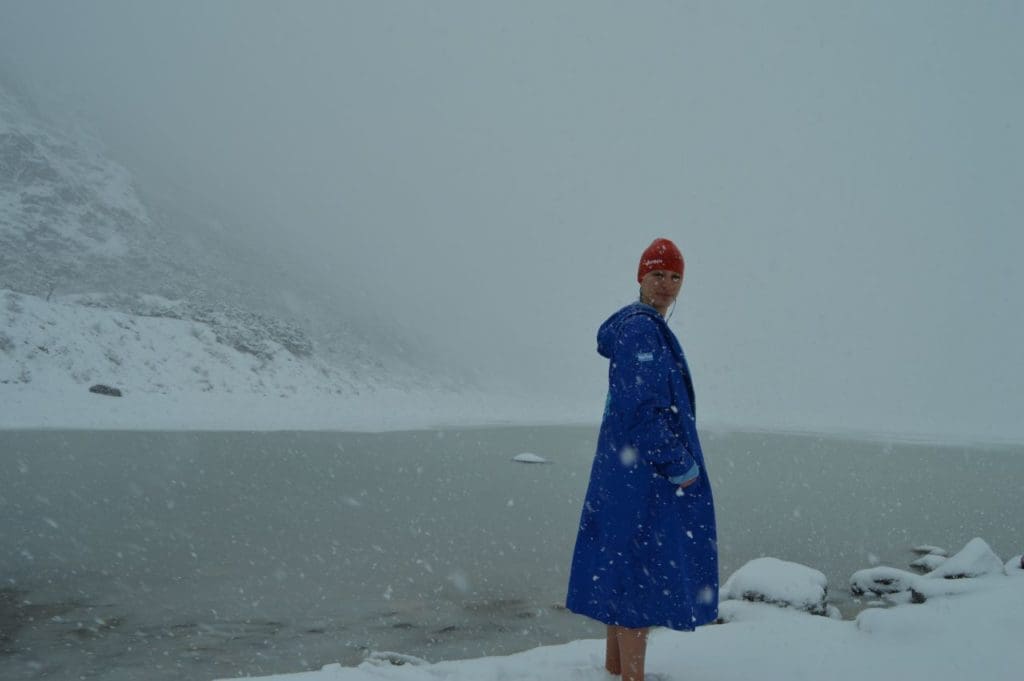
I never imagined my passion for swimming would bring me here. As a kid, I swam to escape reality and the problems of everyday life. Now, it feels like a vital activity in my life; it helps me function. I doubt that passion will ever fade, and I aim to keep competing for as long as I can.
Pushing the boundaries of what I can do feels thrilling. Every challenge I put myself through makes me stronger. I feel grateful for the chance to do this professionally and hope my story motivates women swimmers everywhere.

